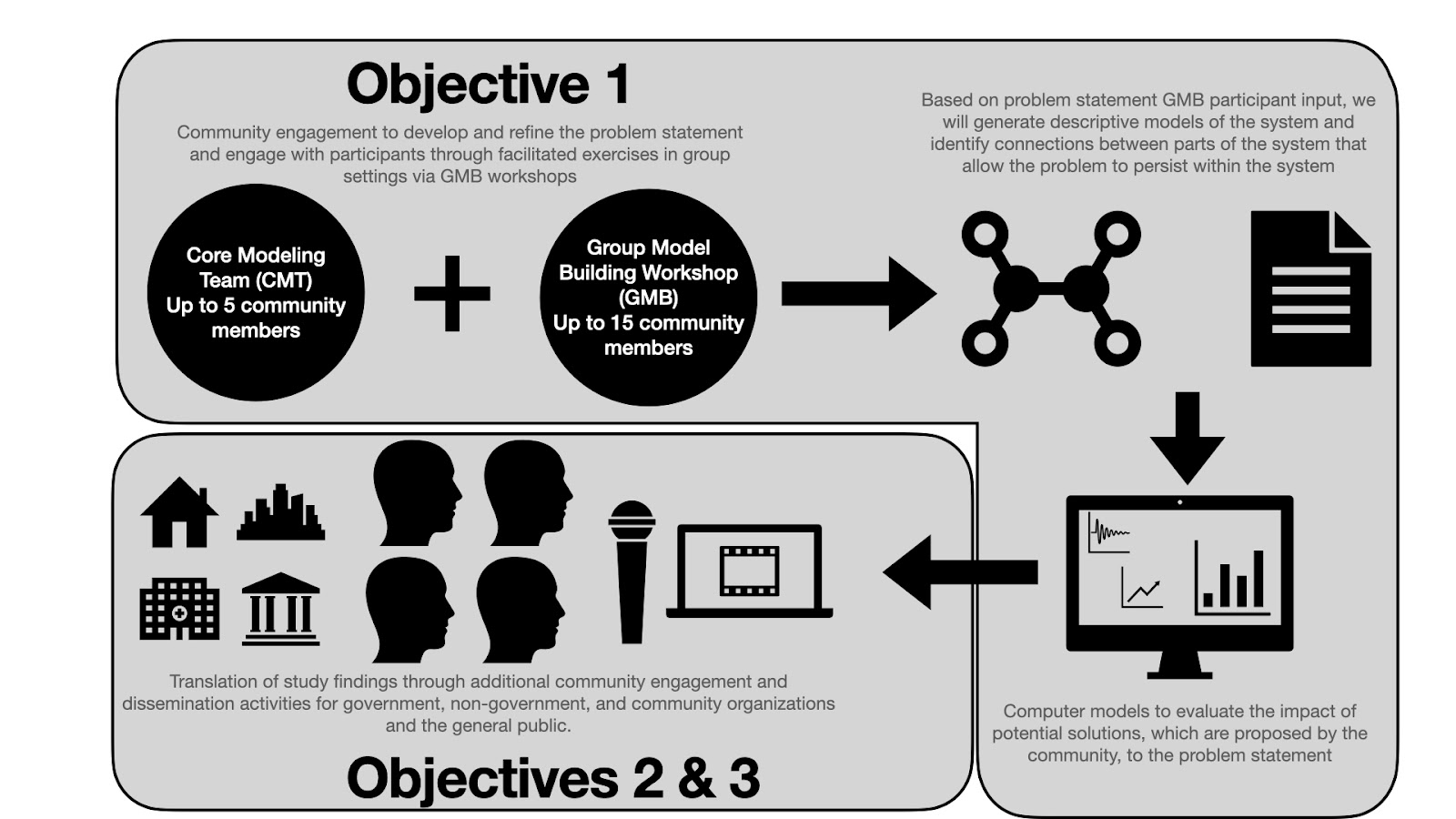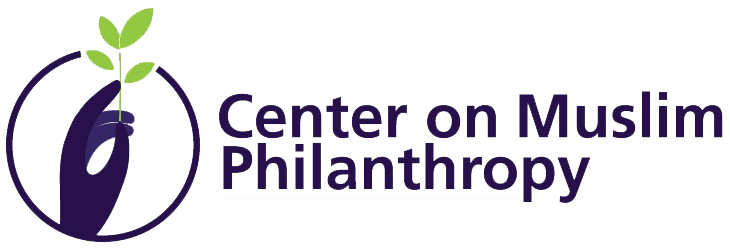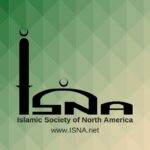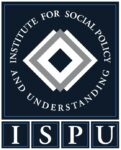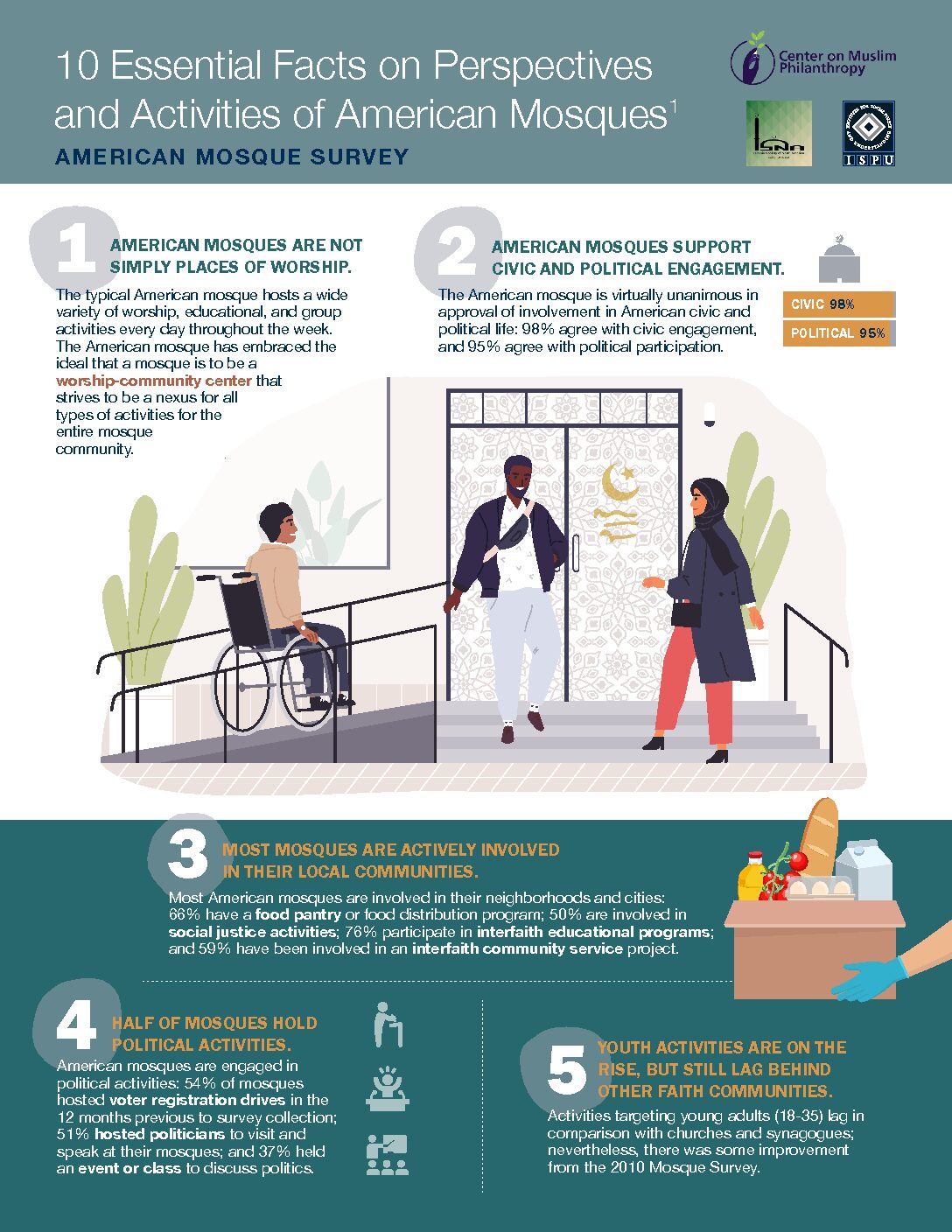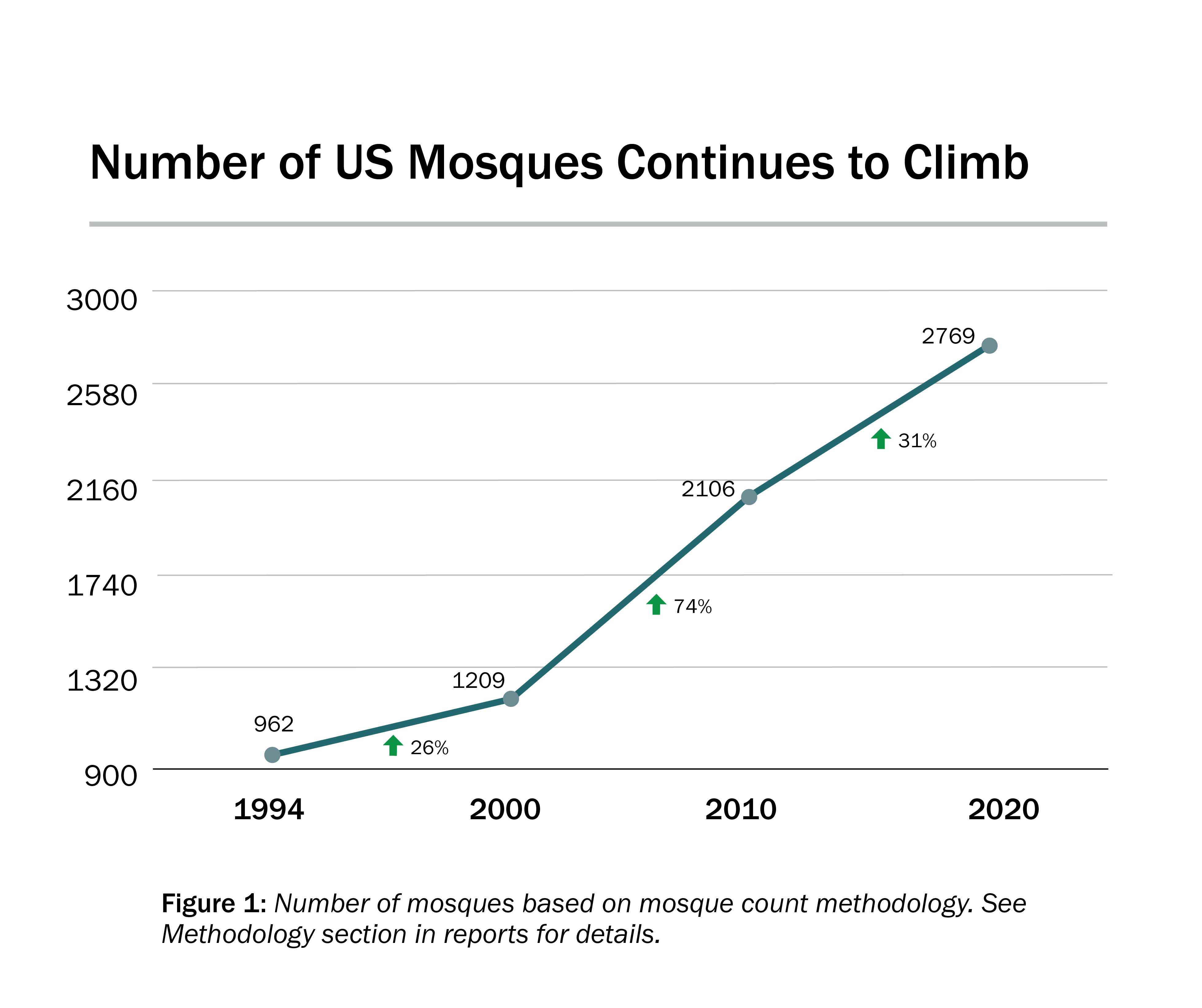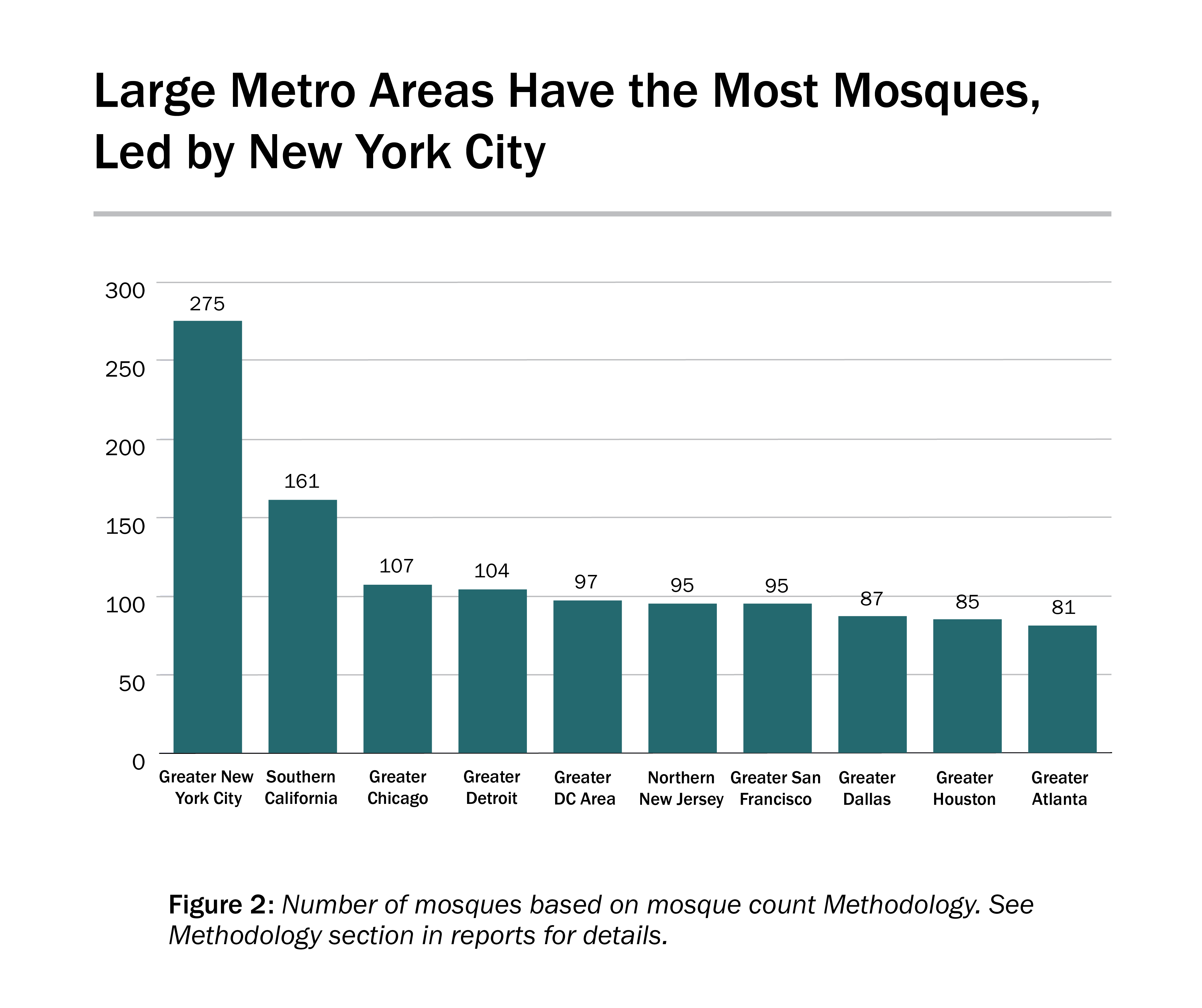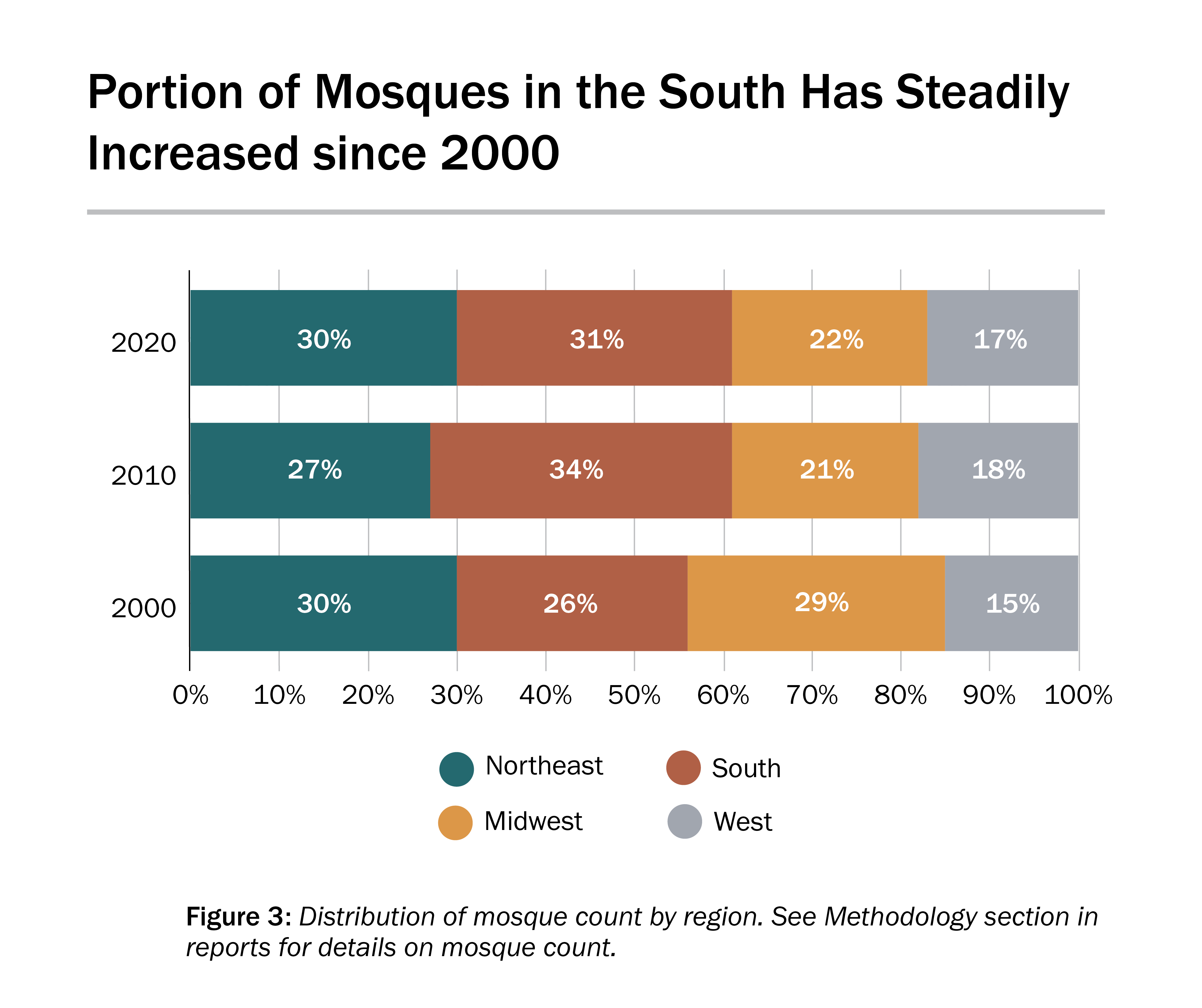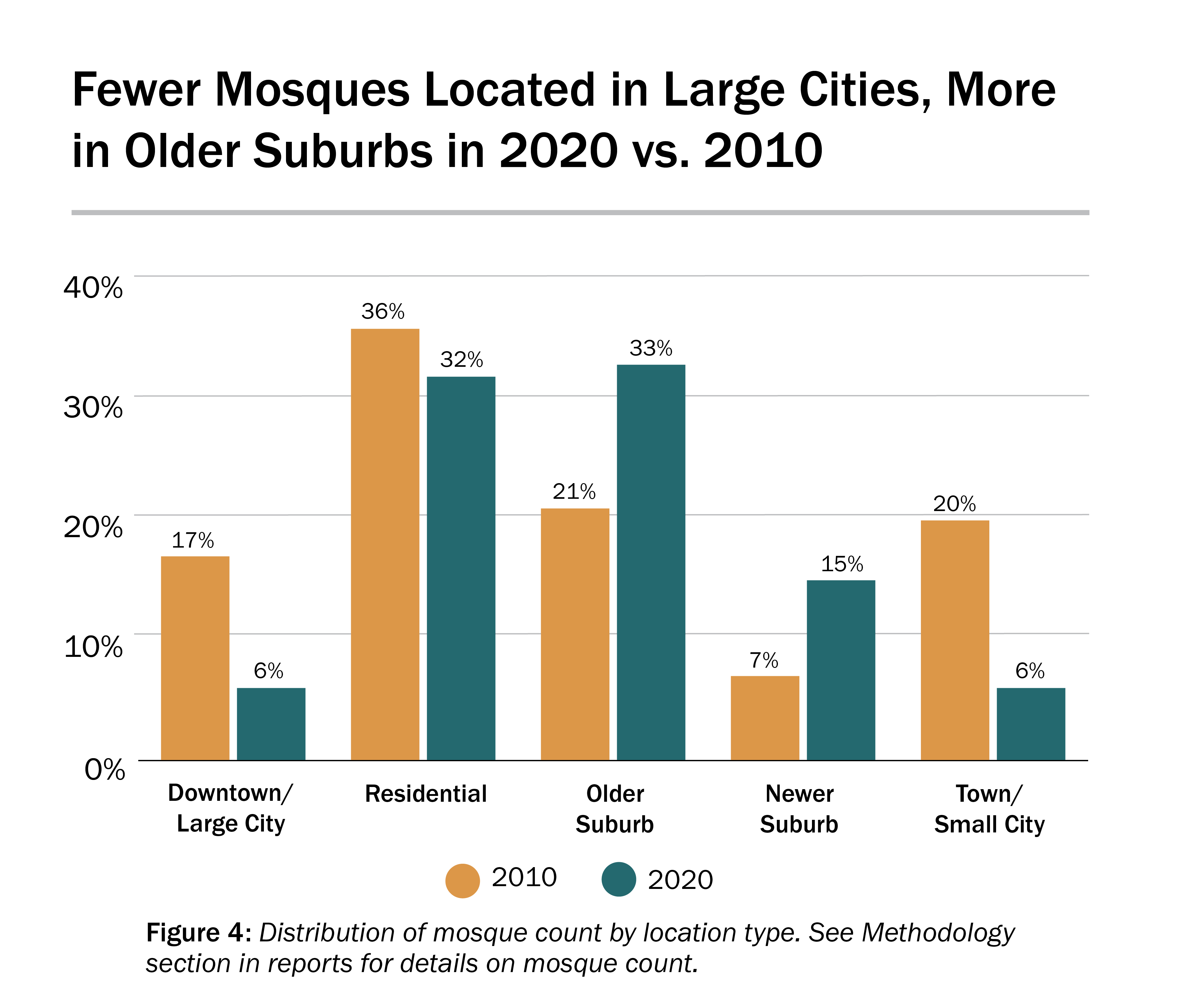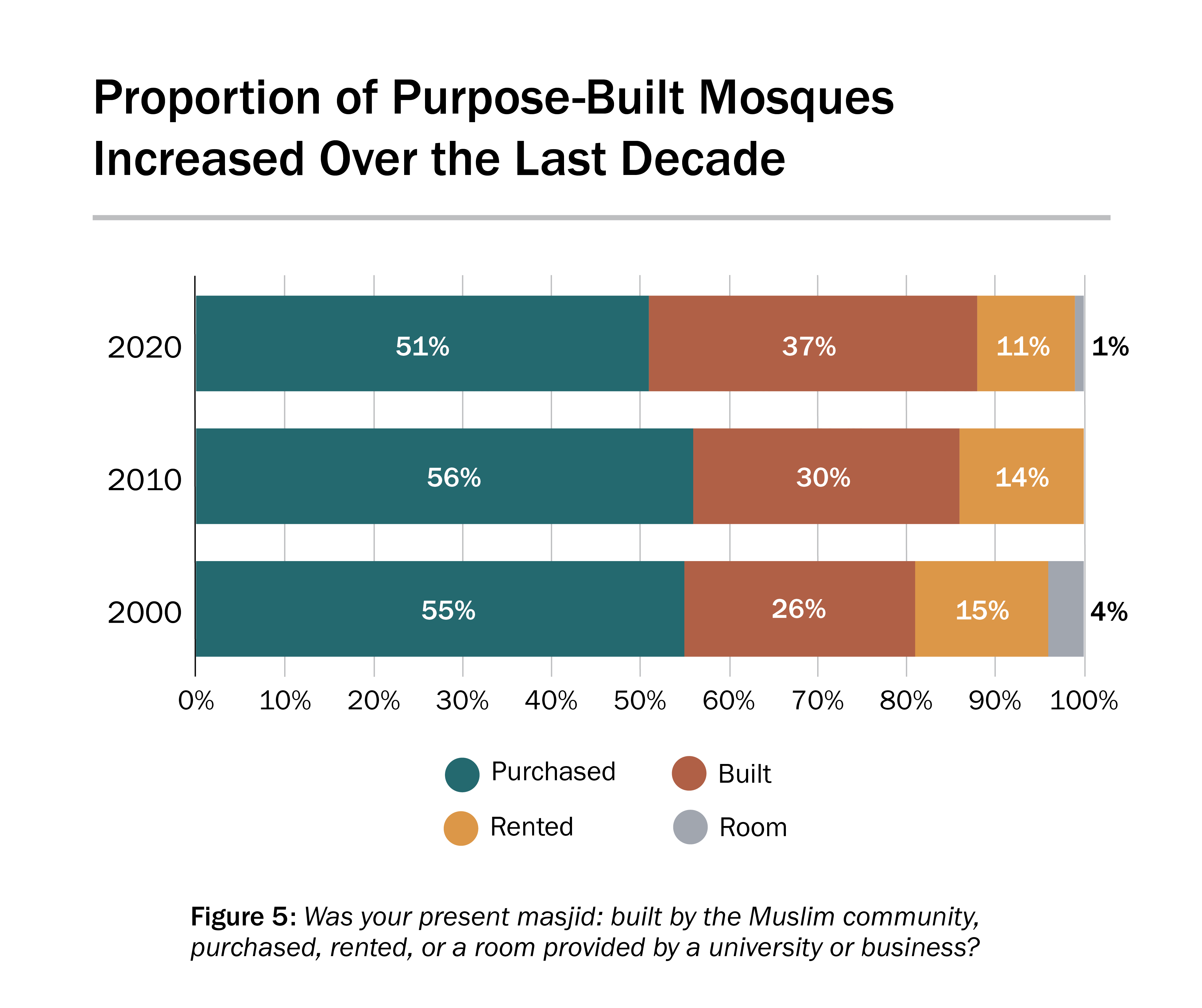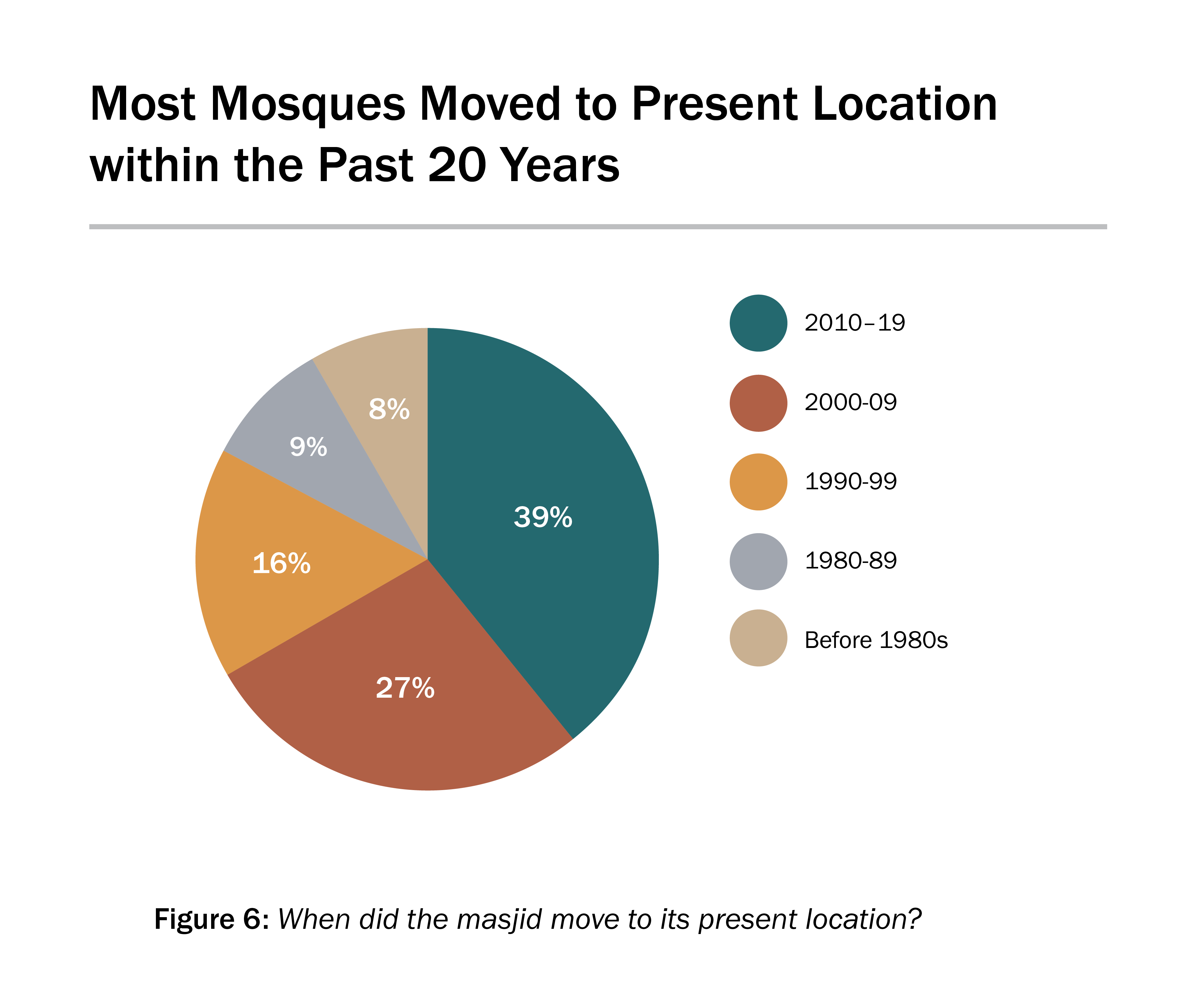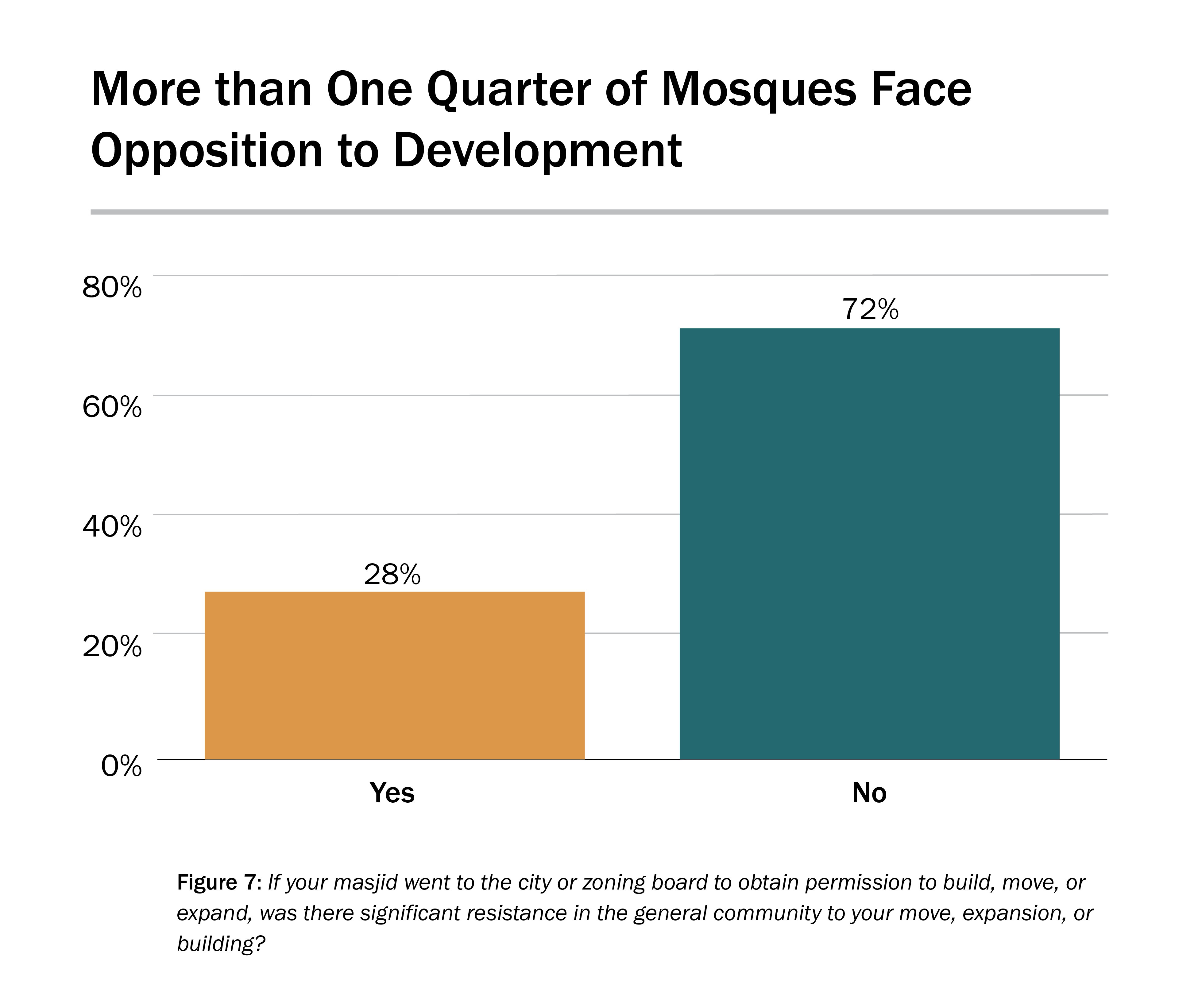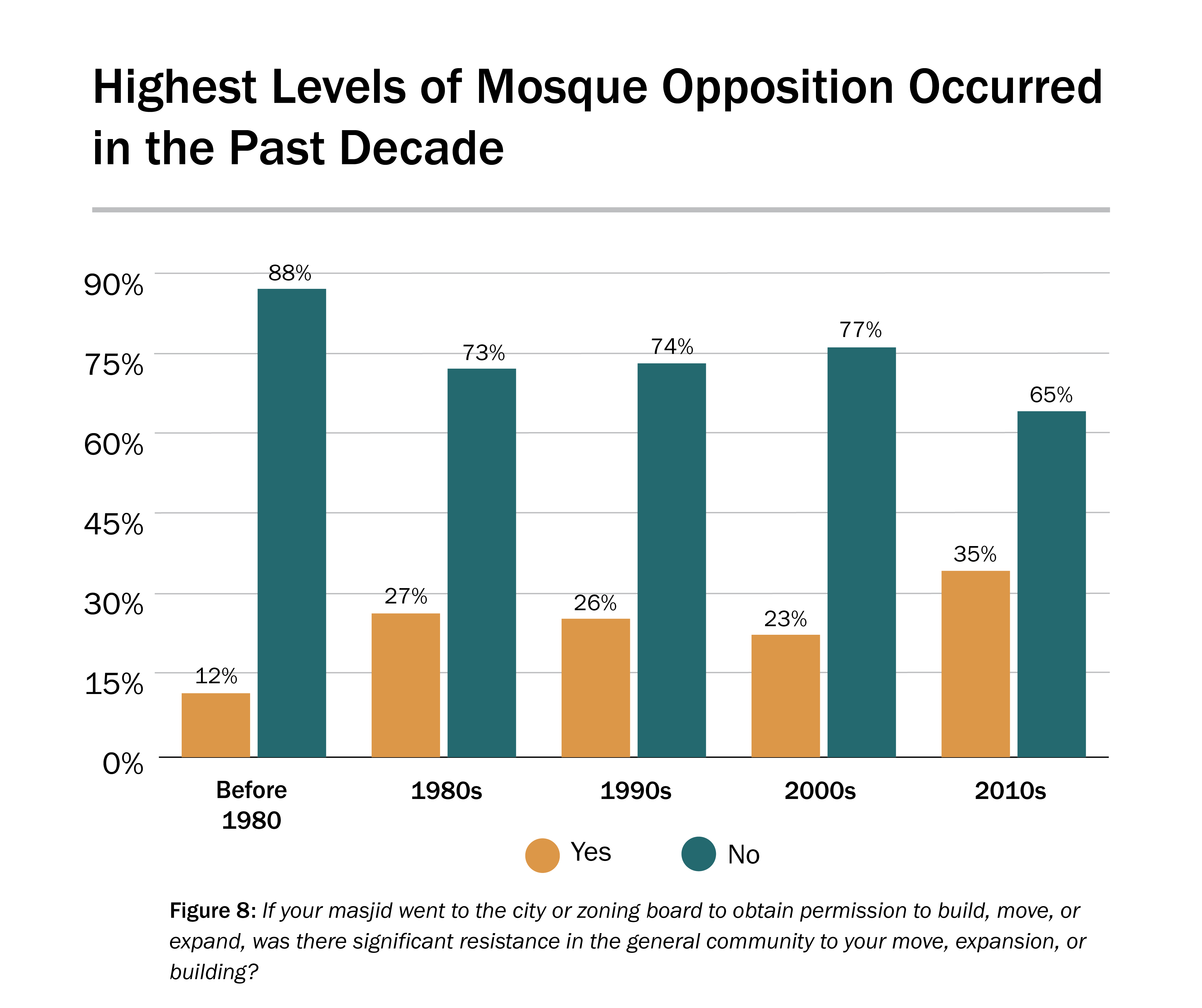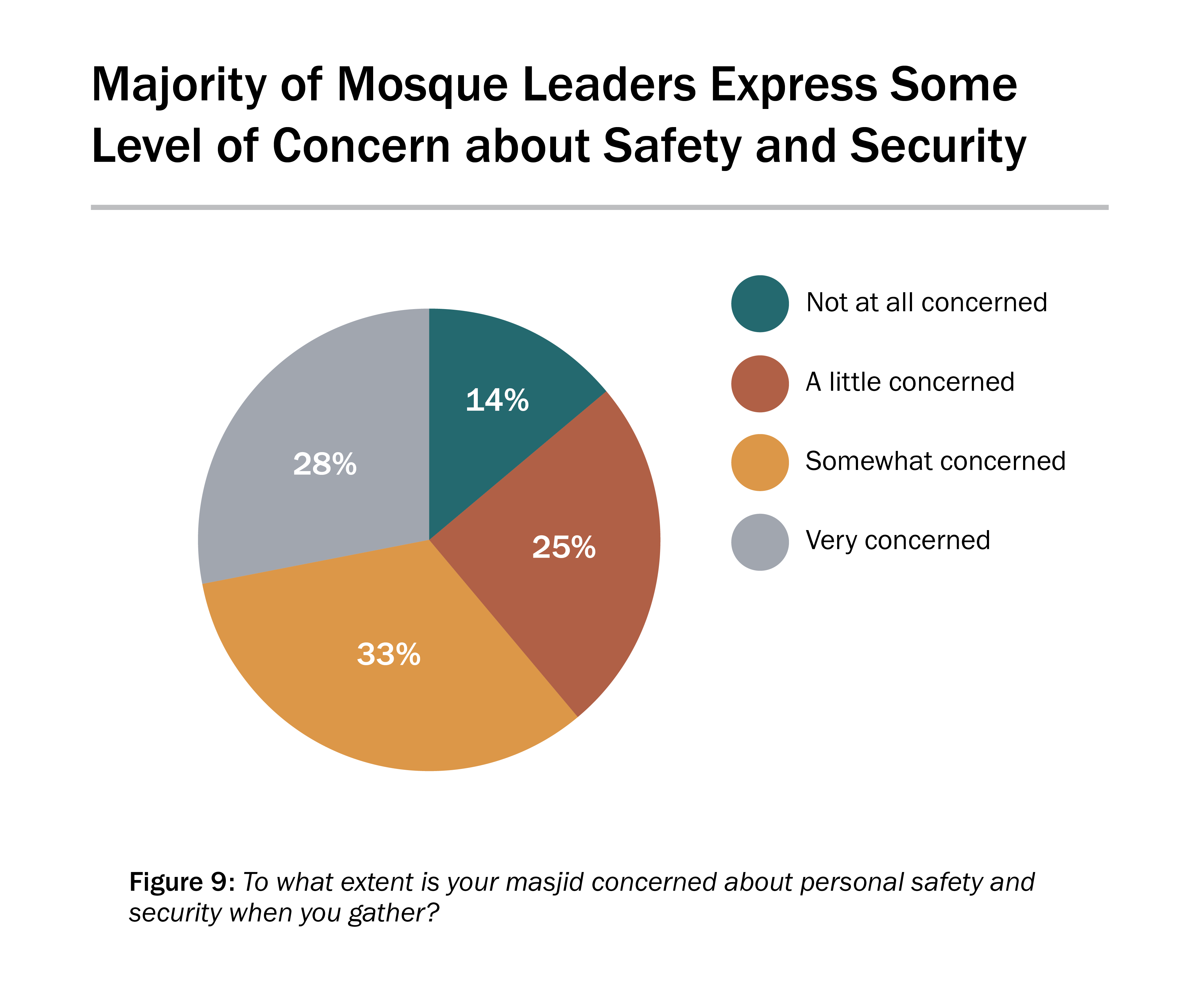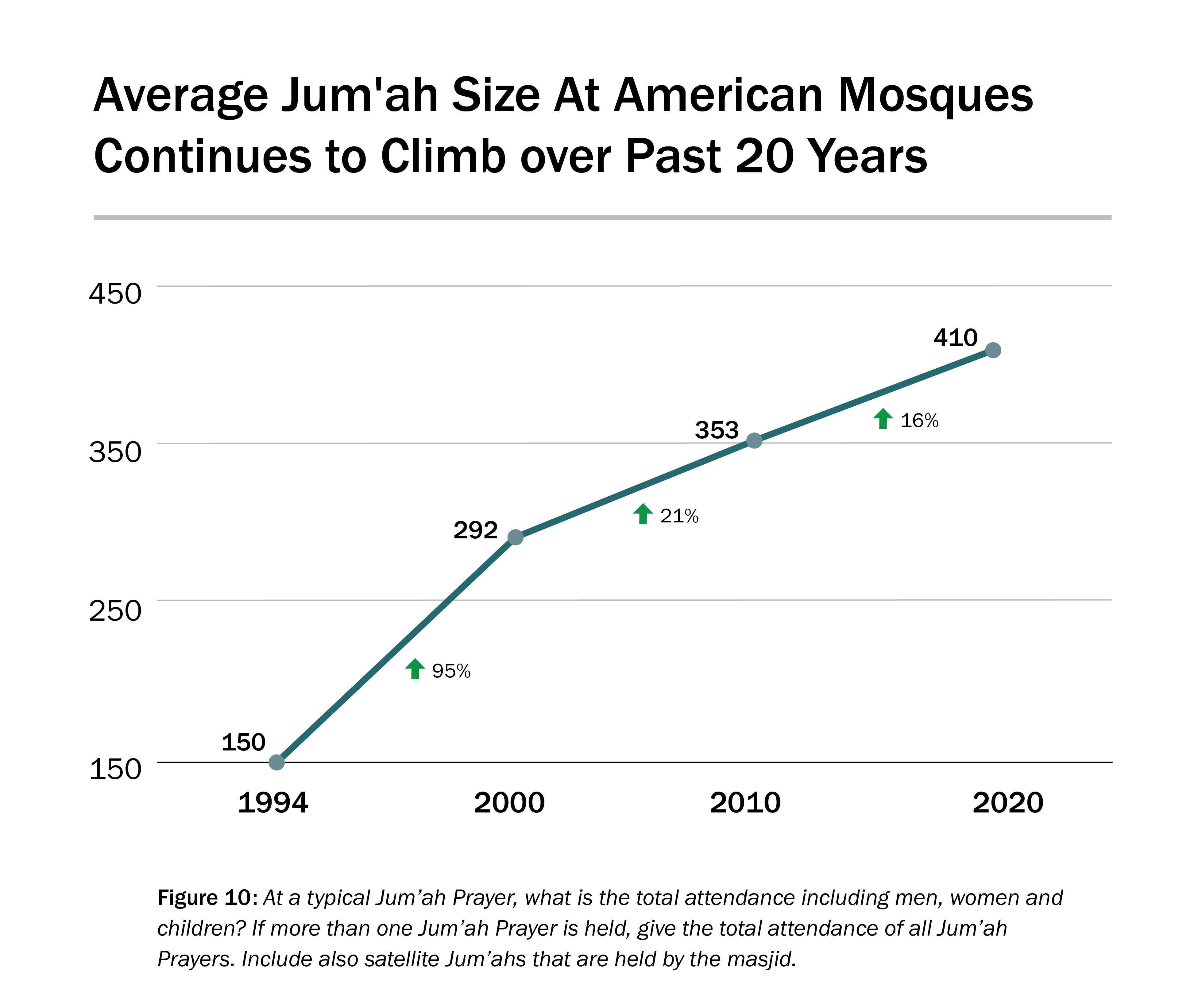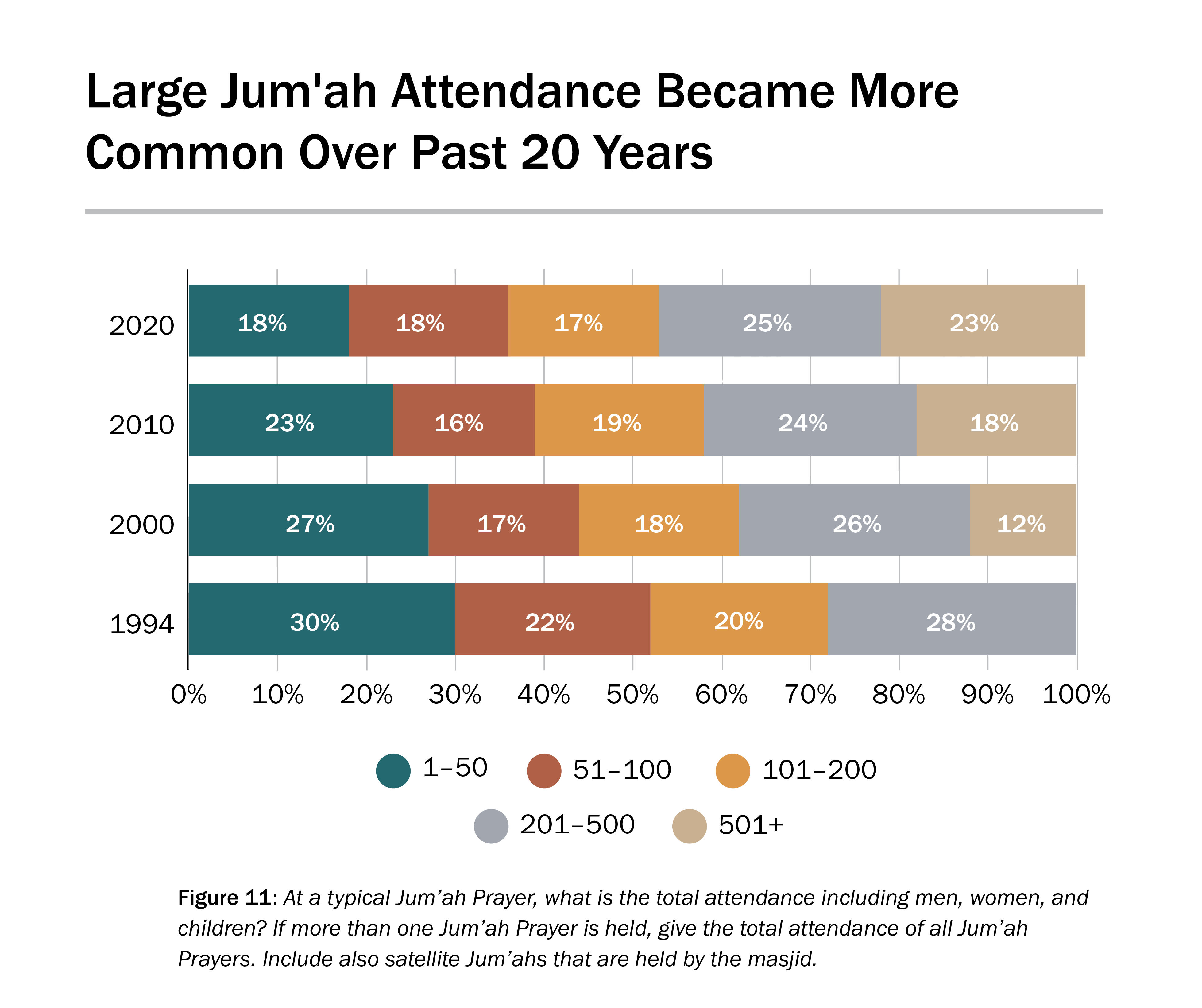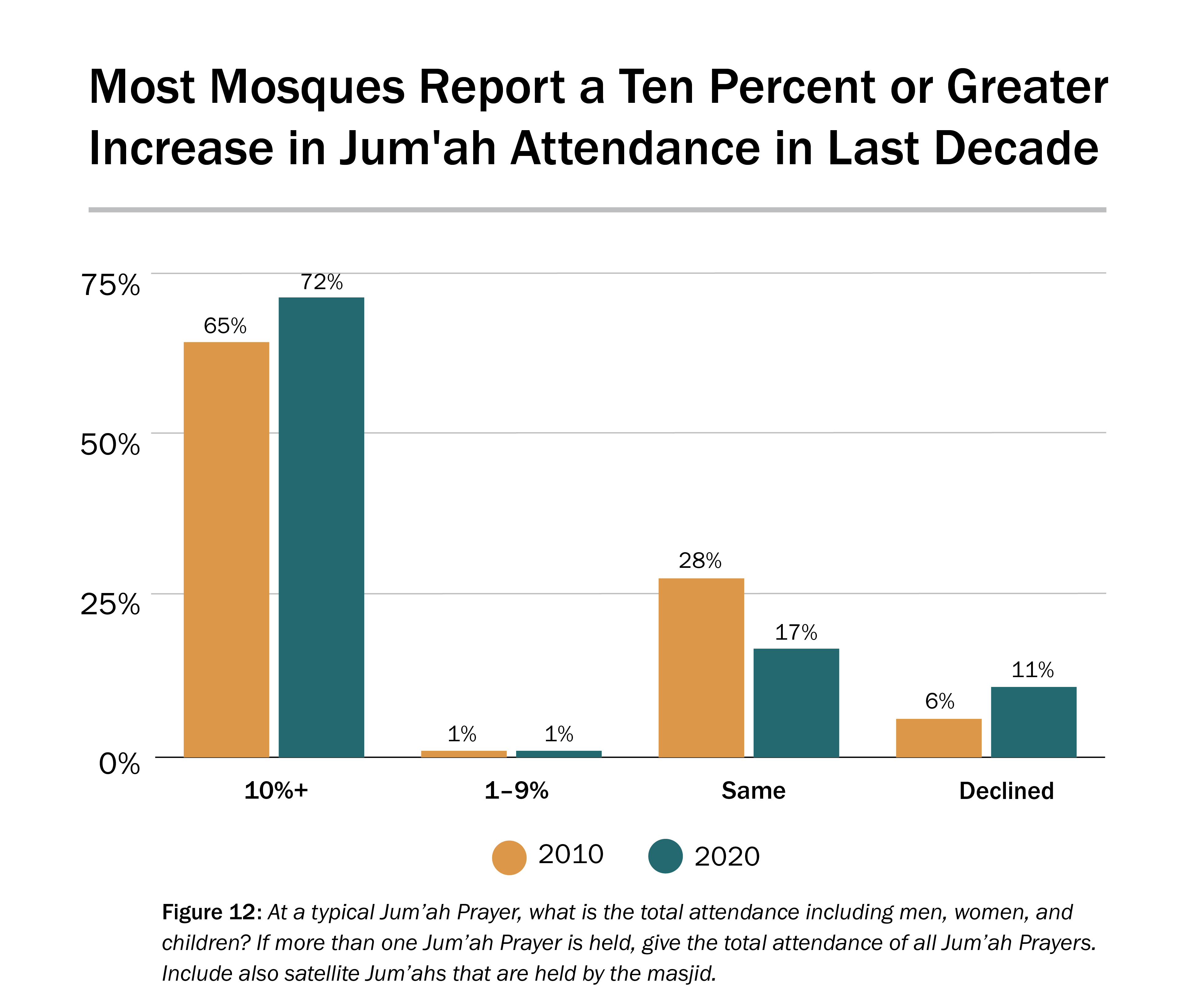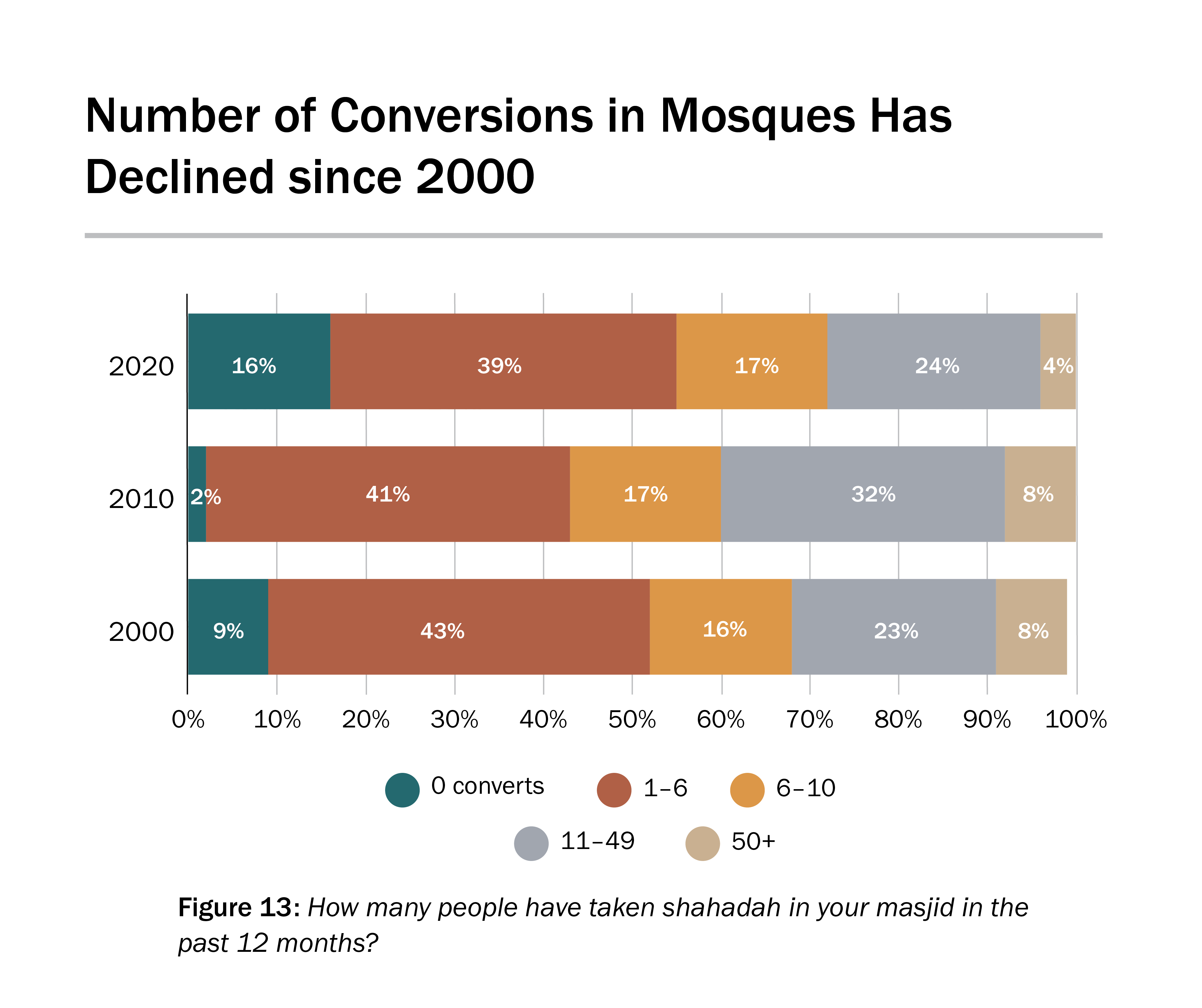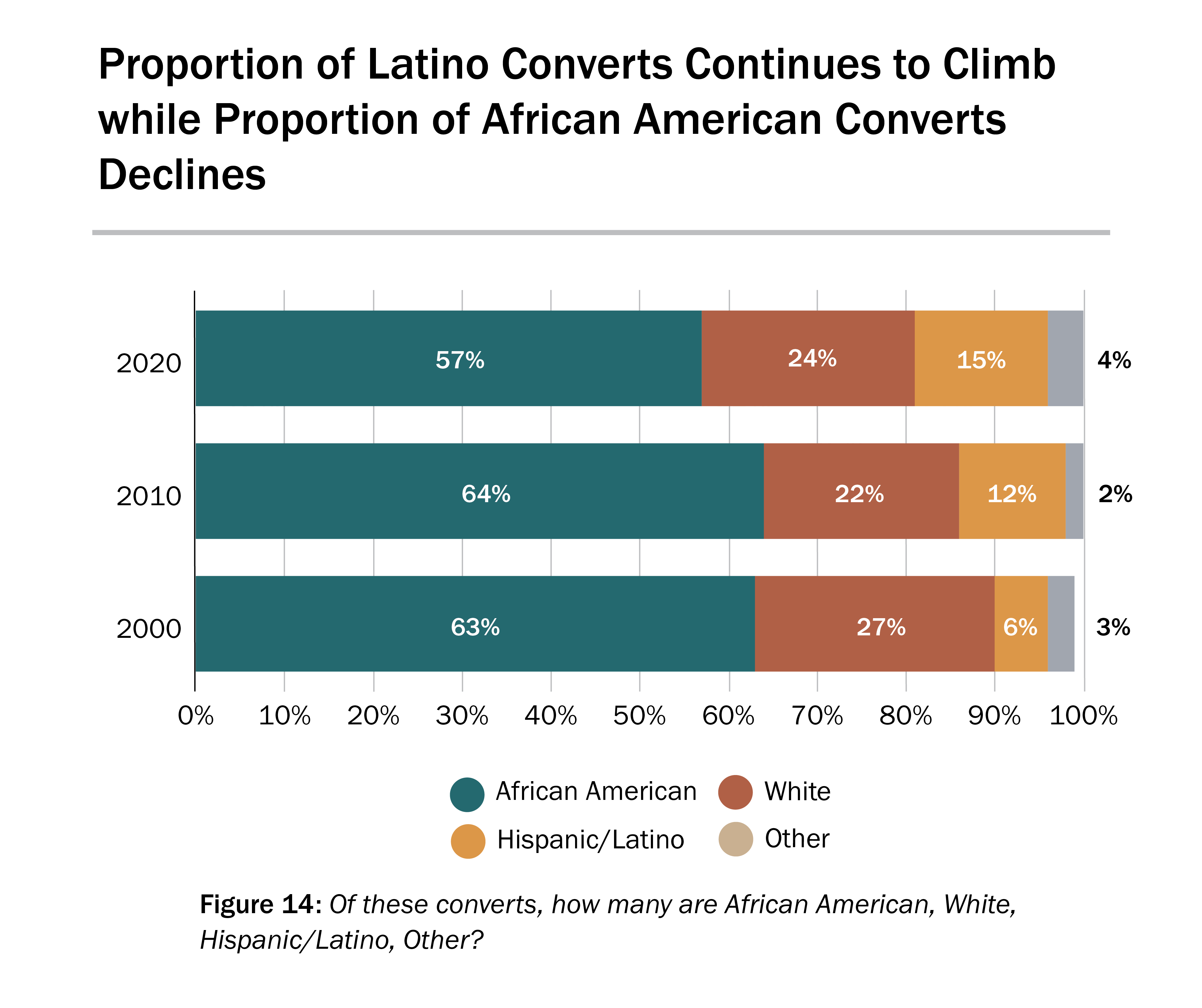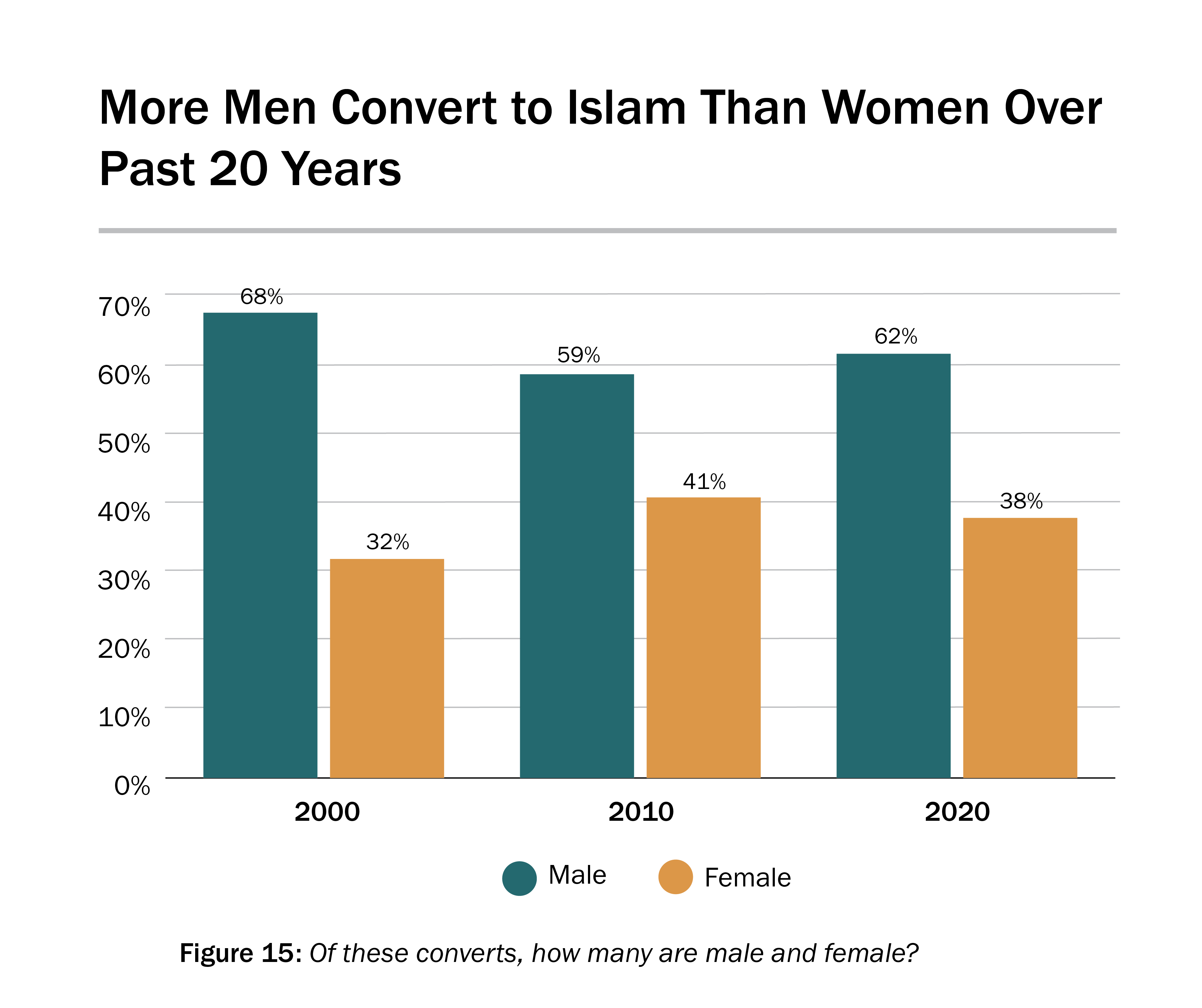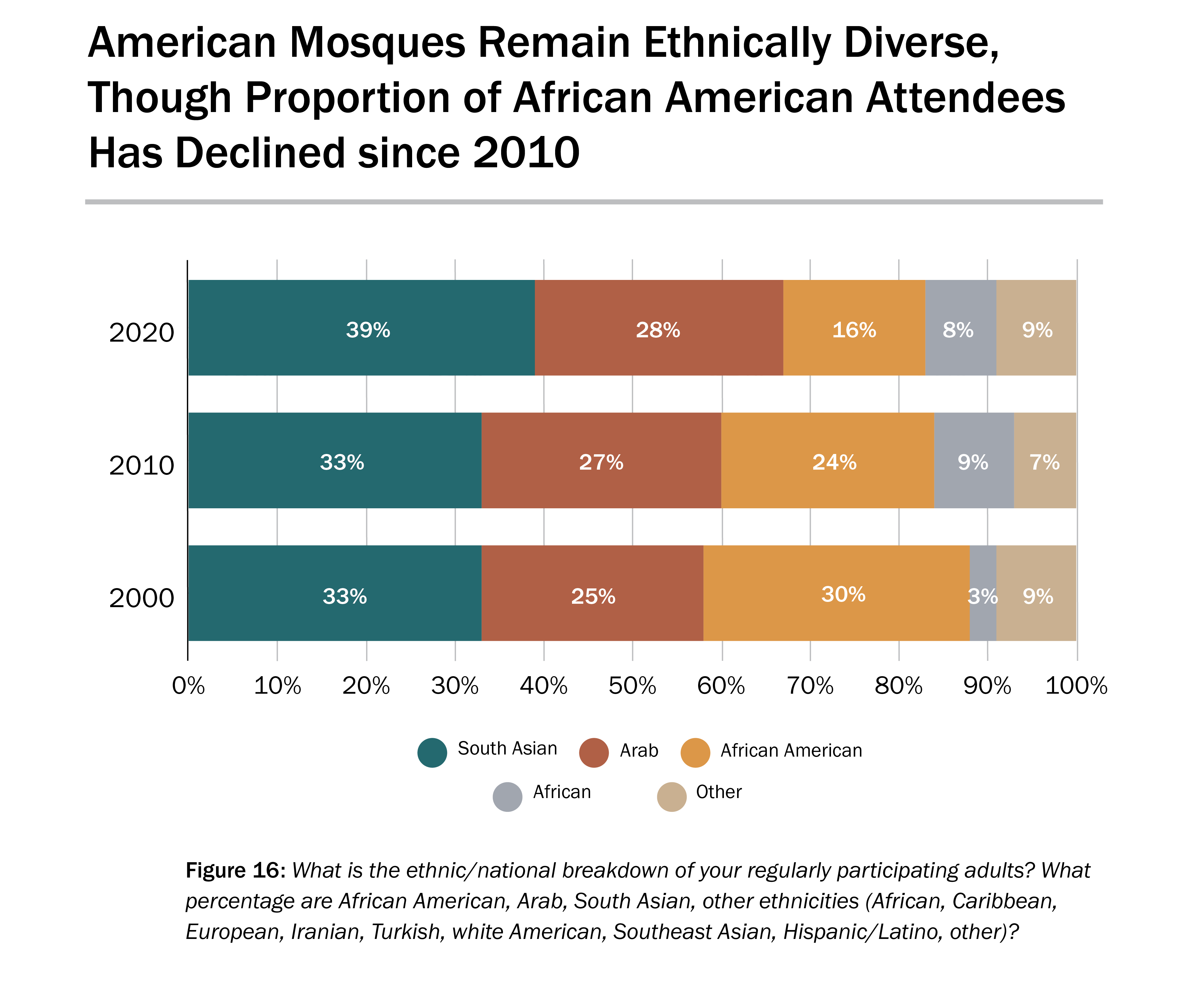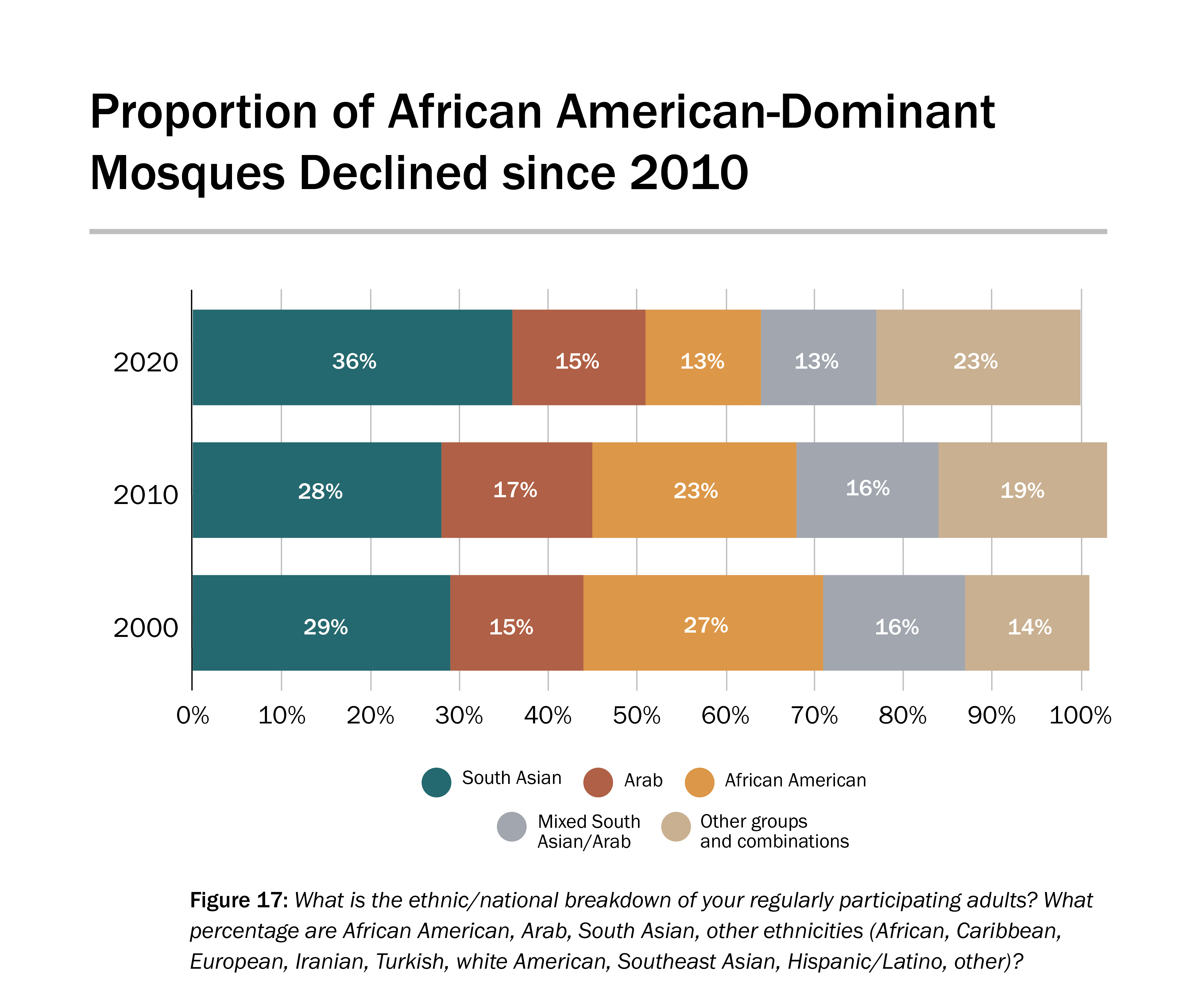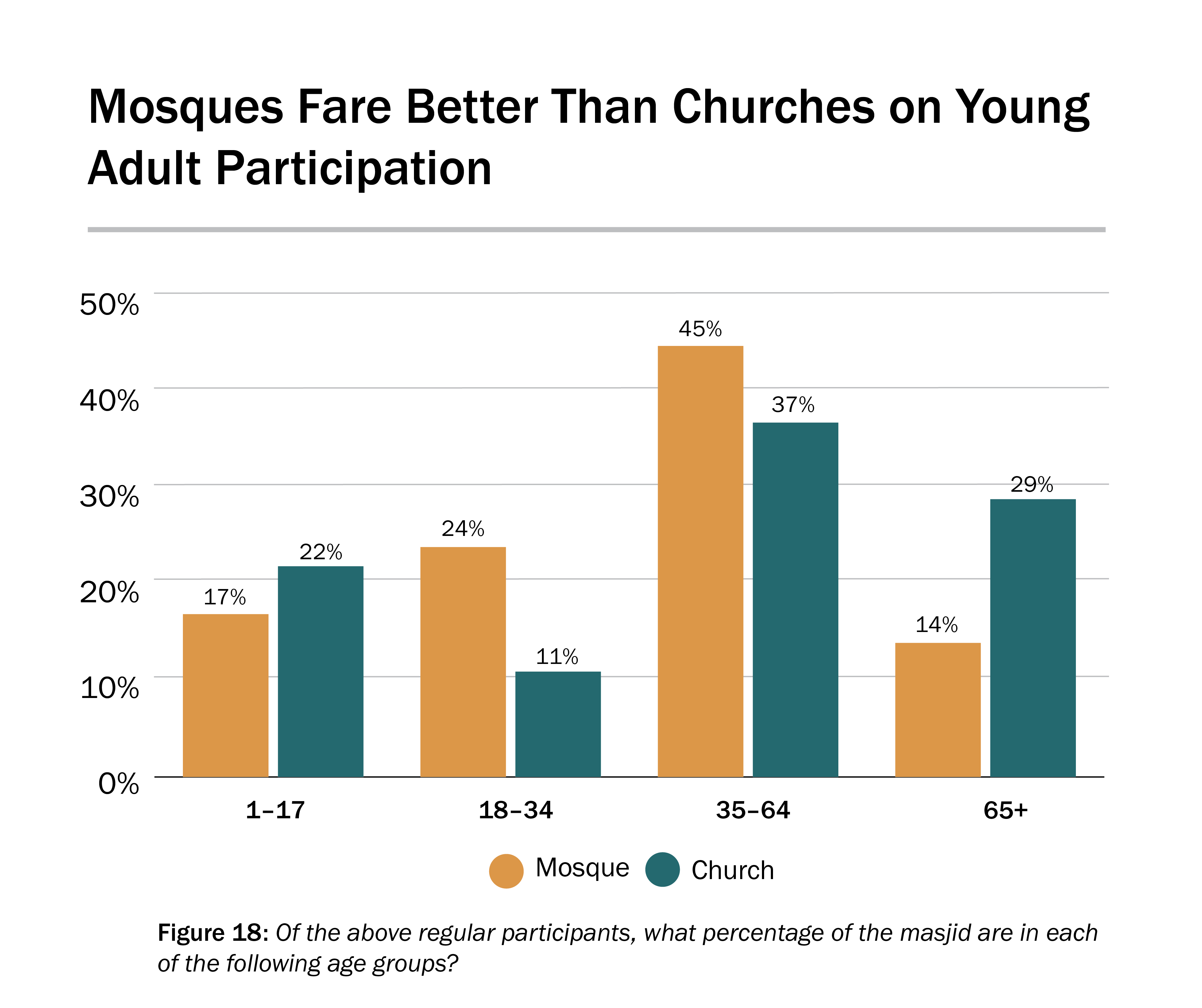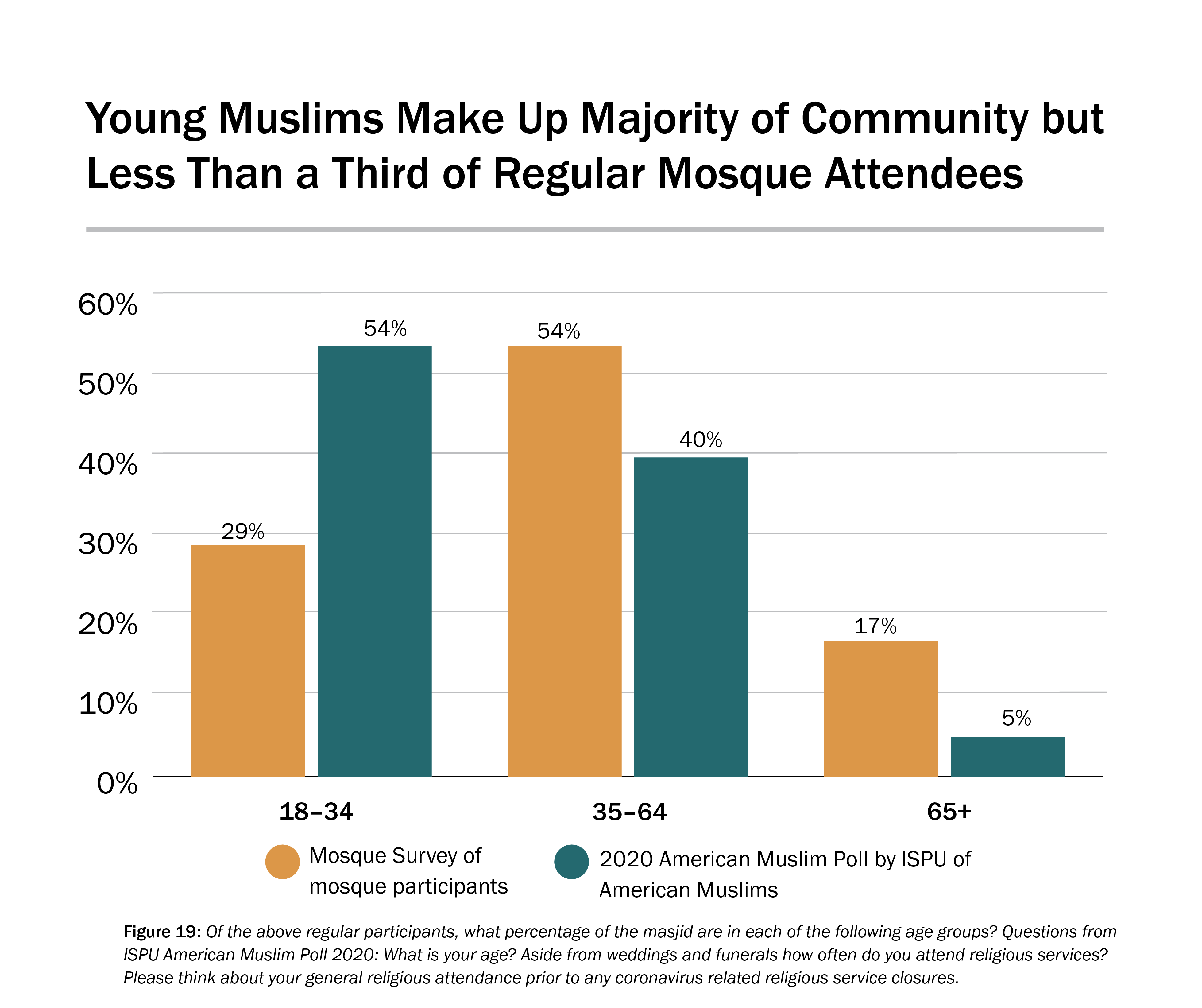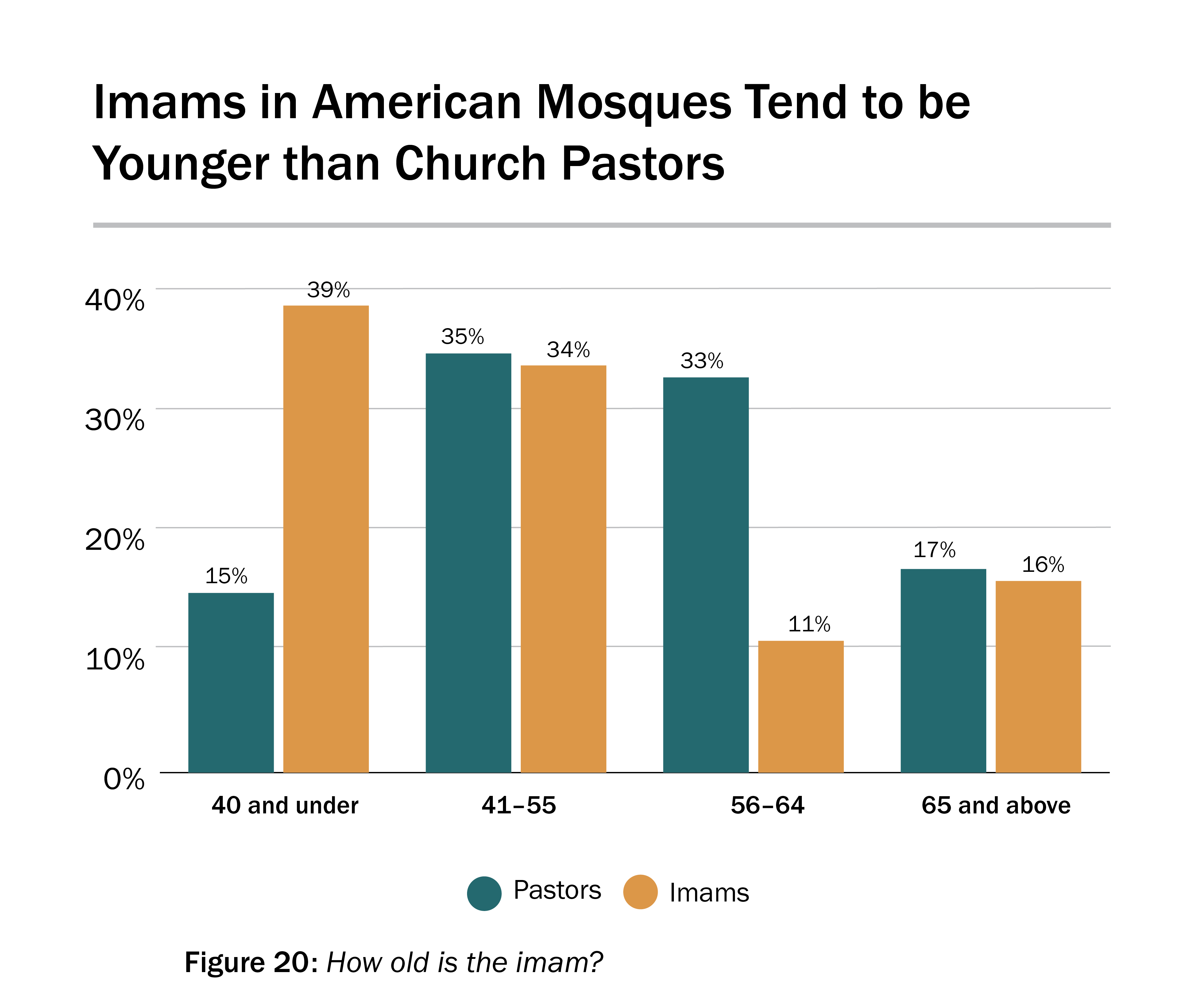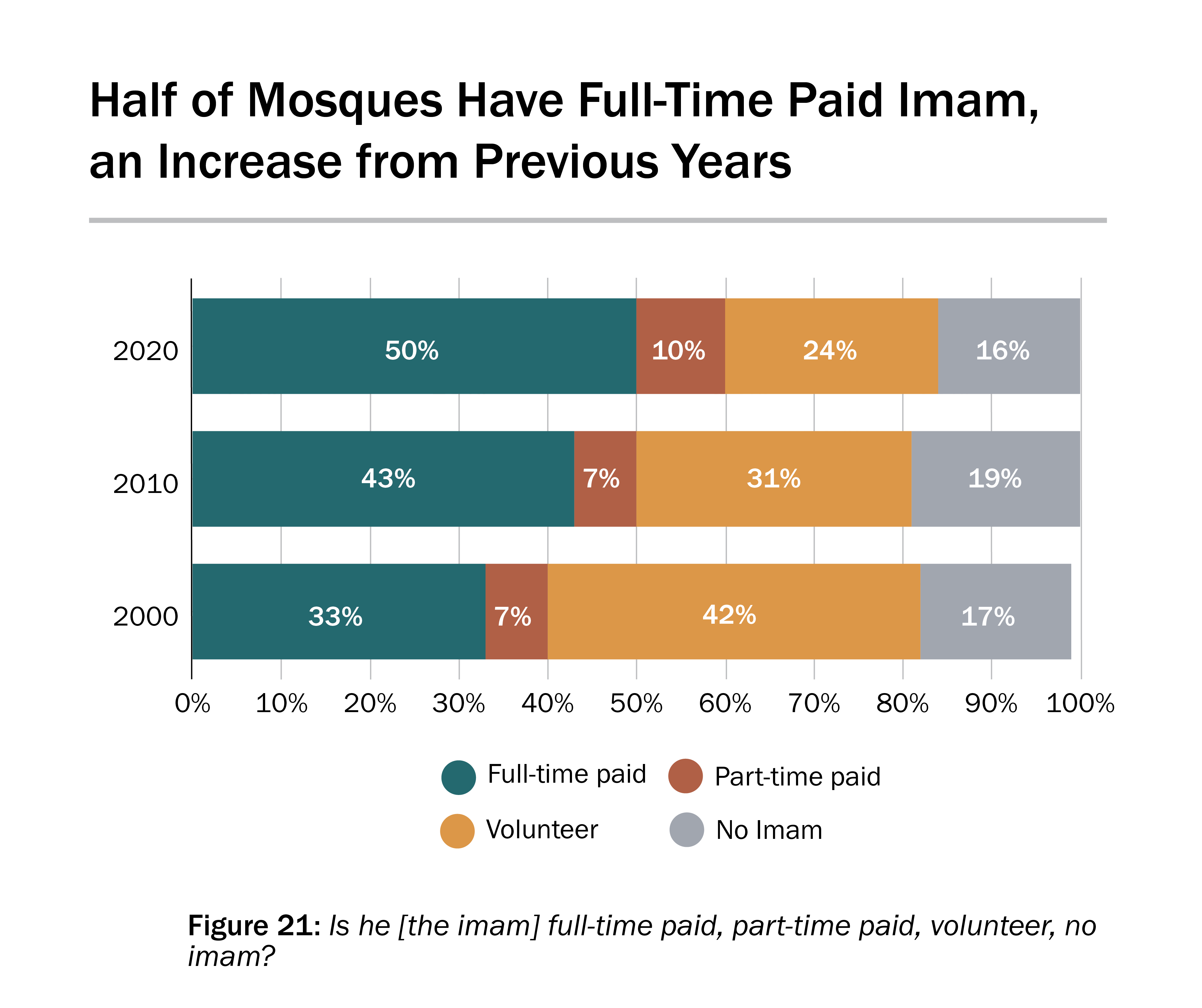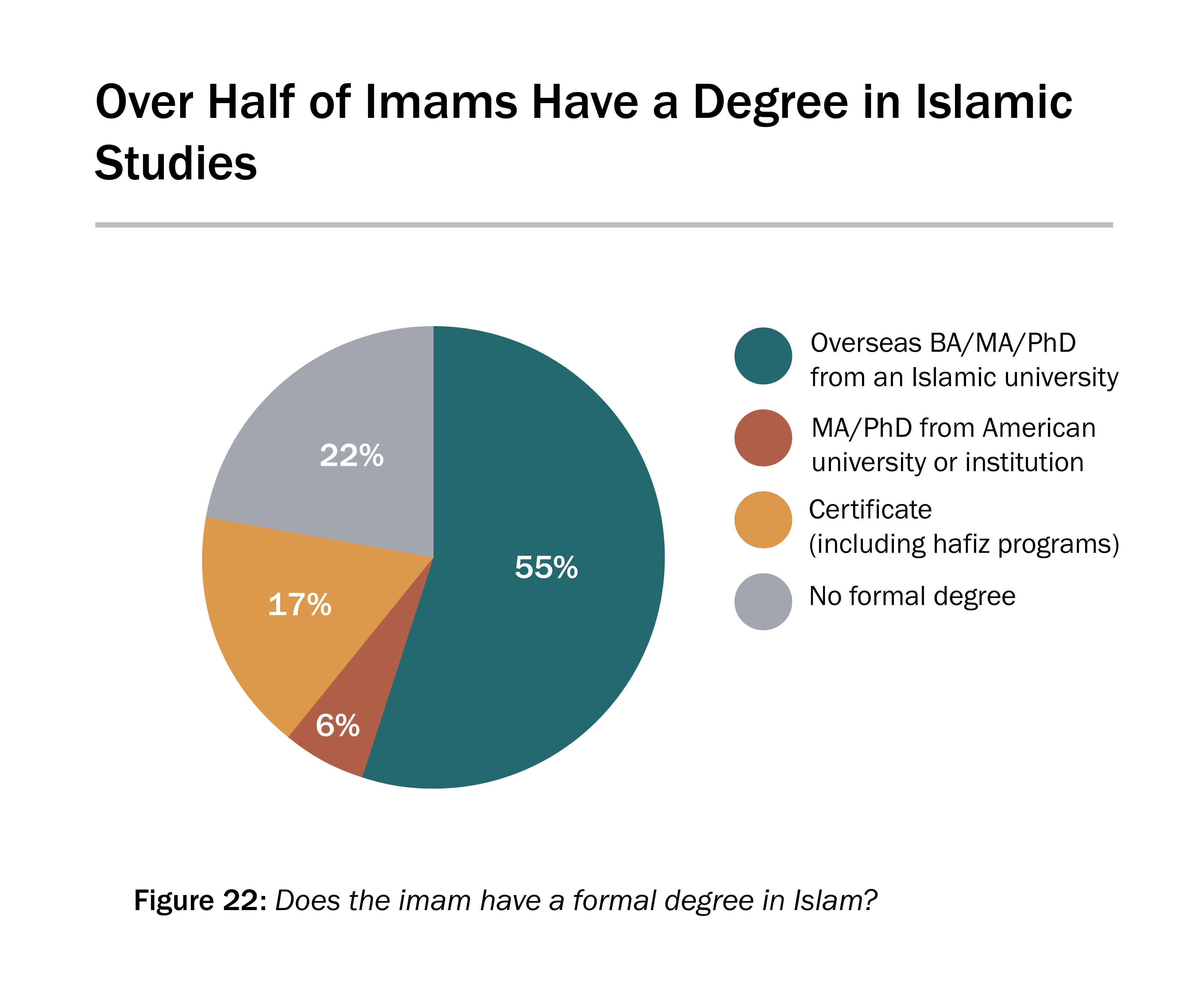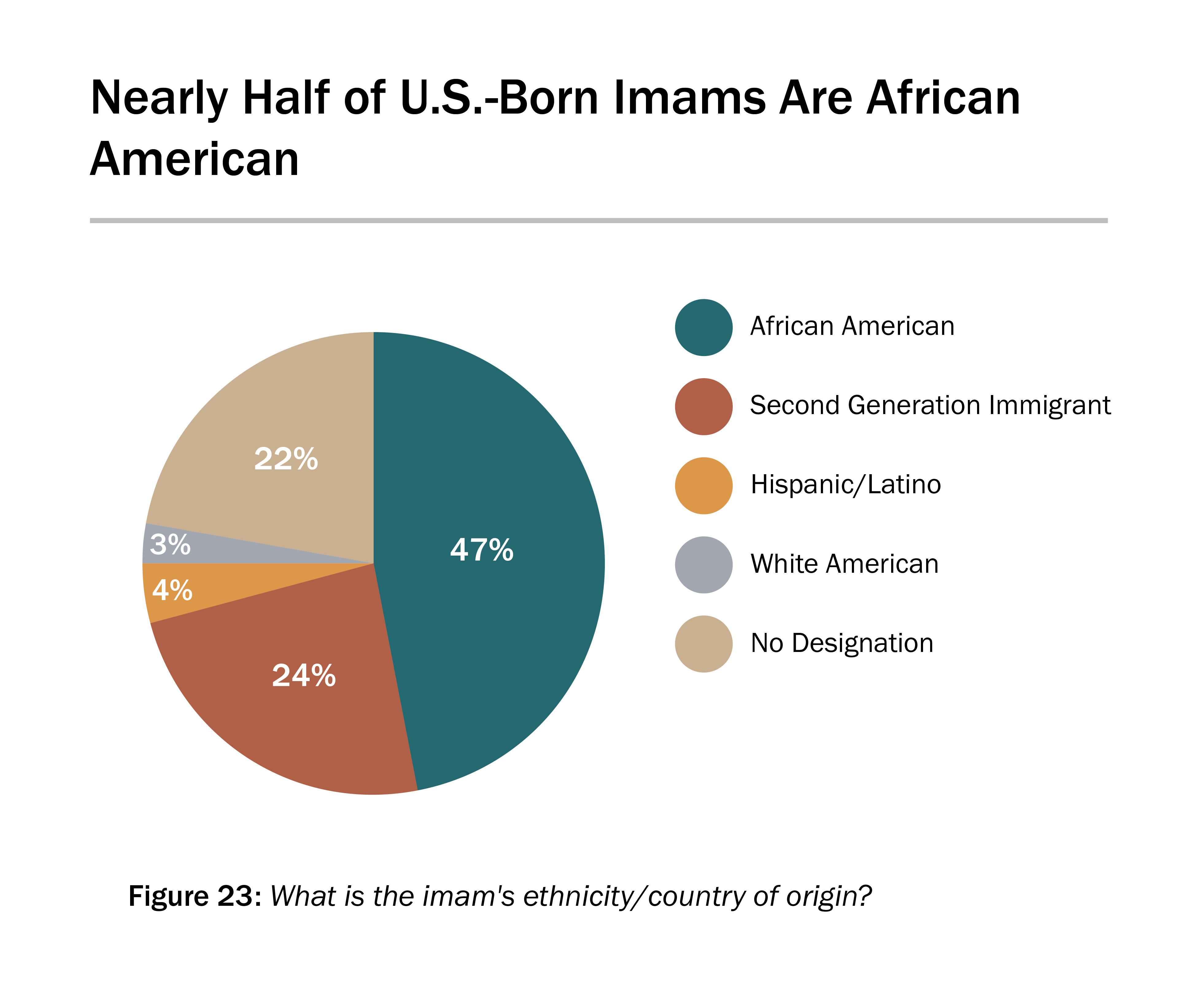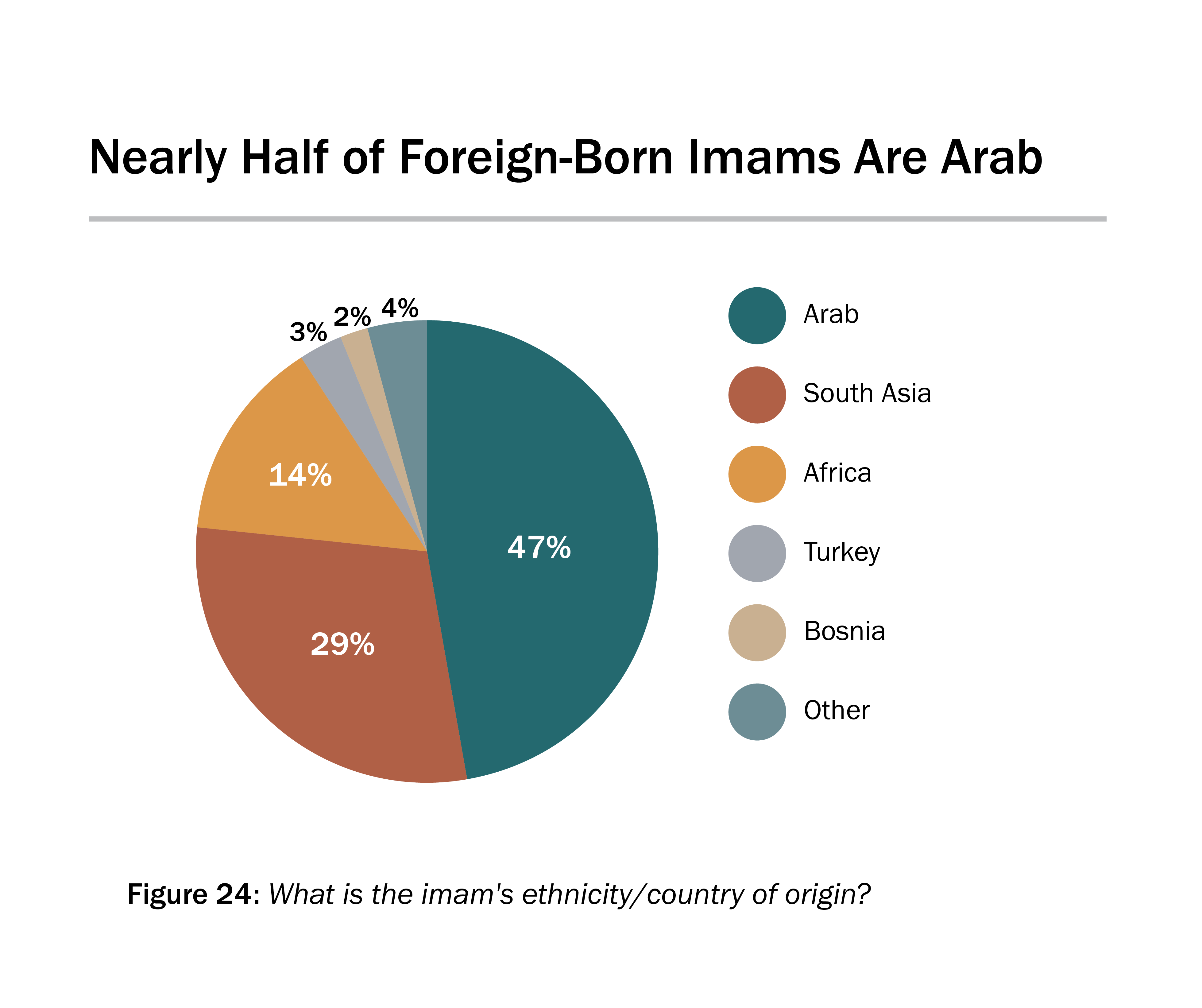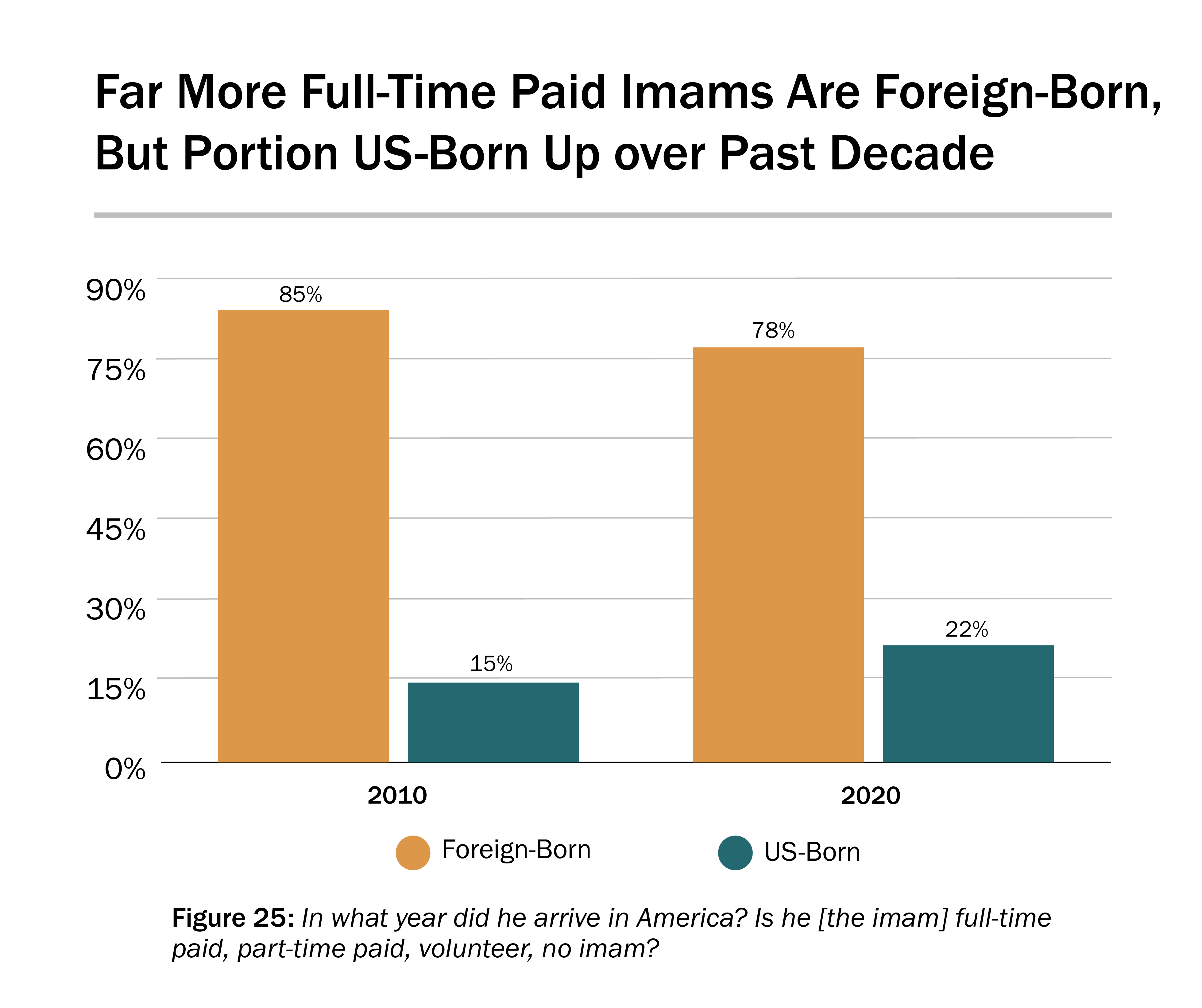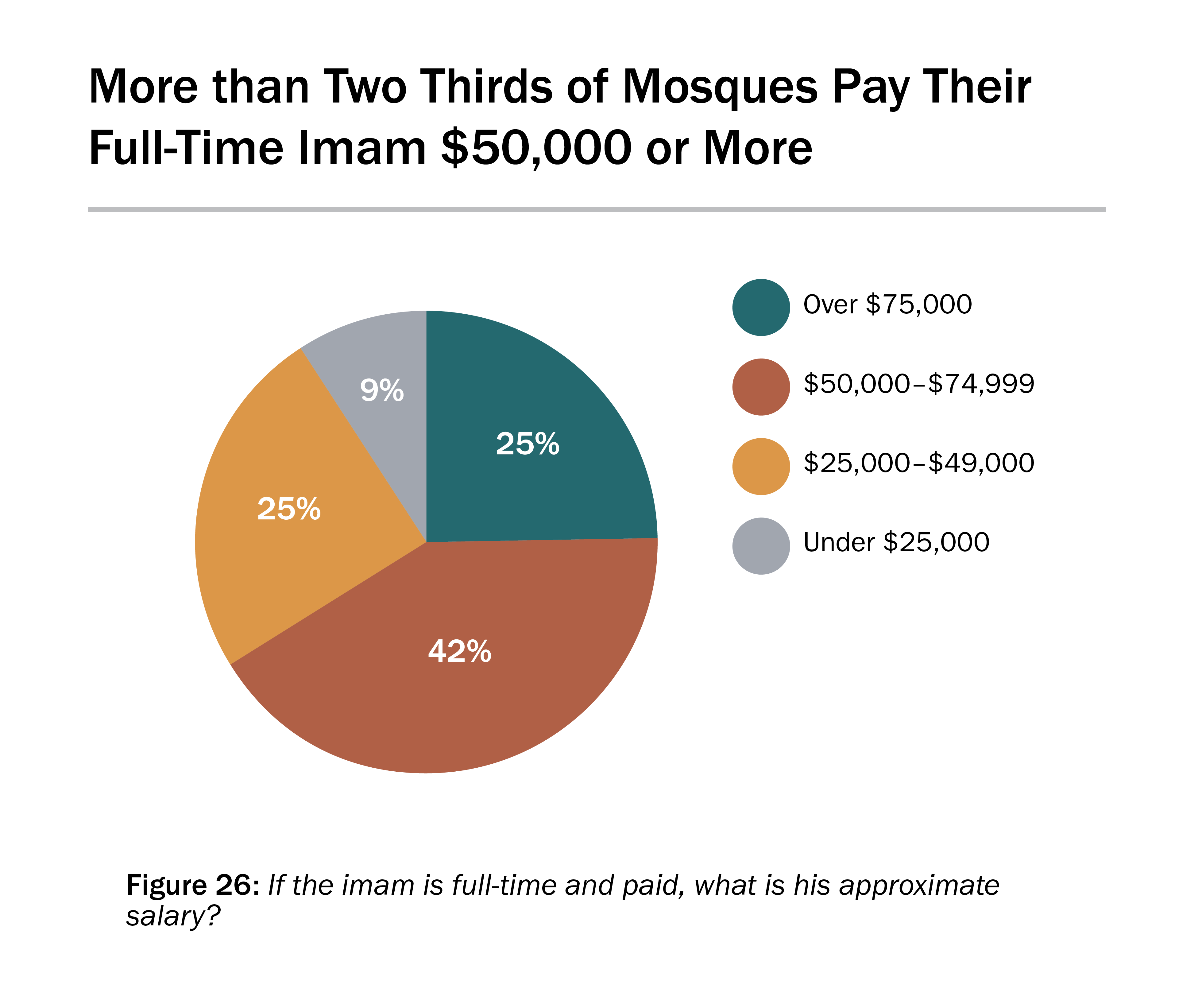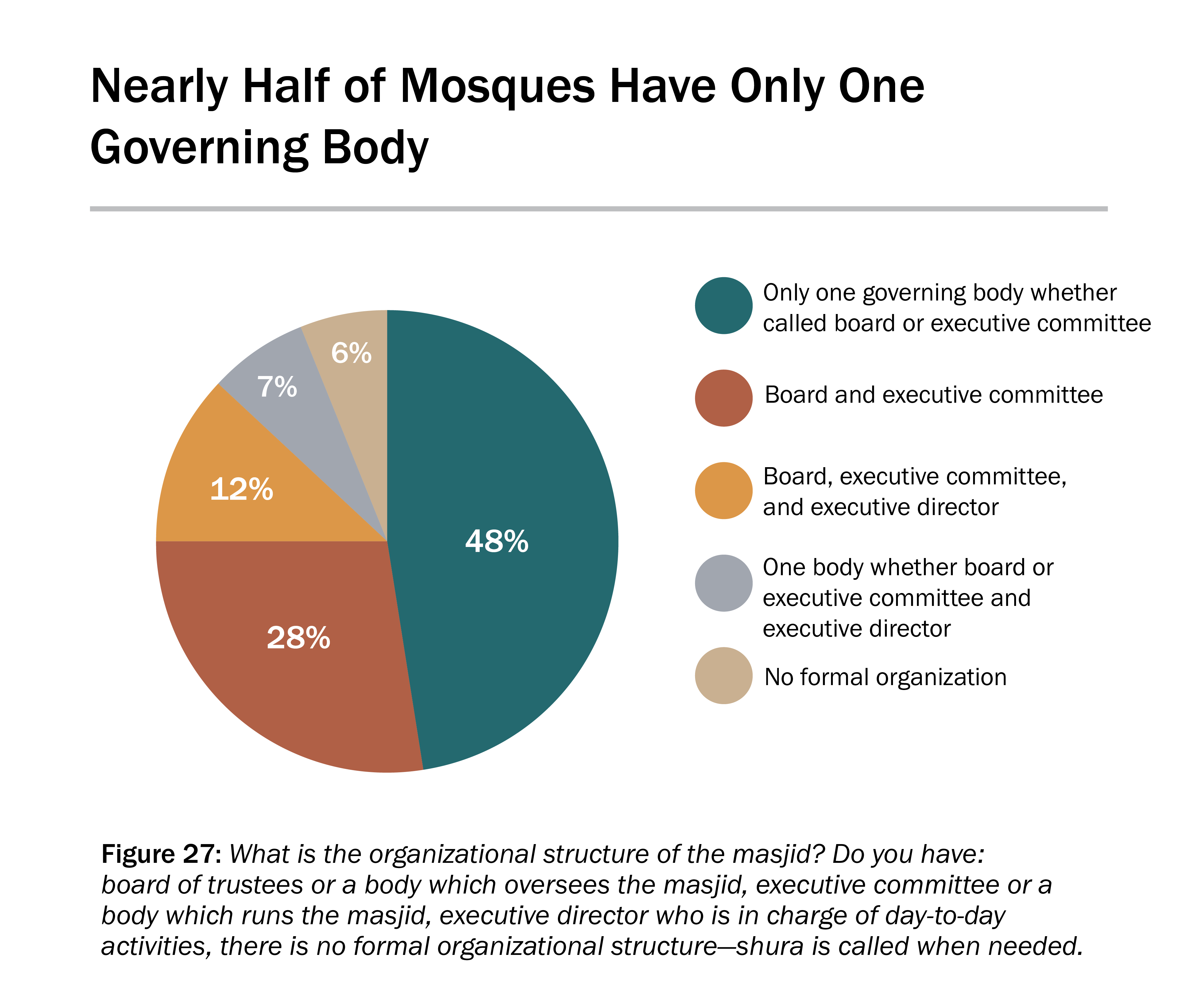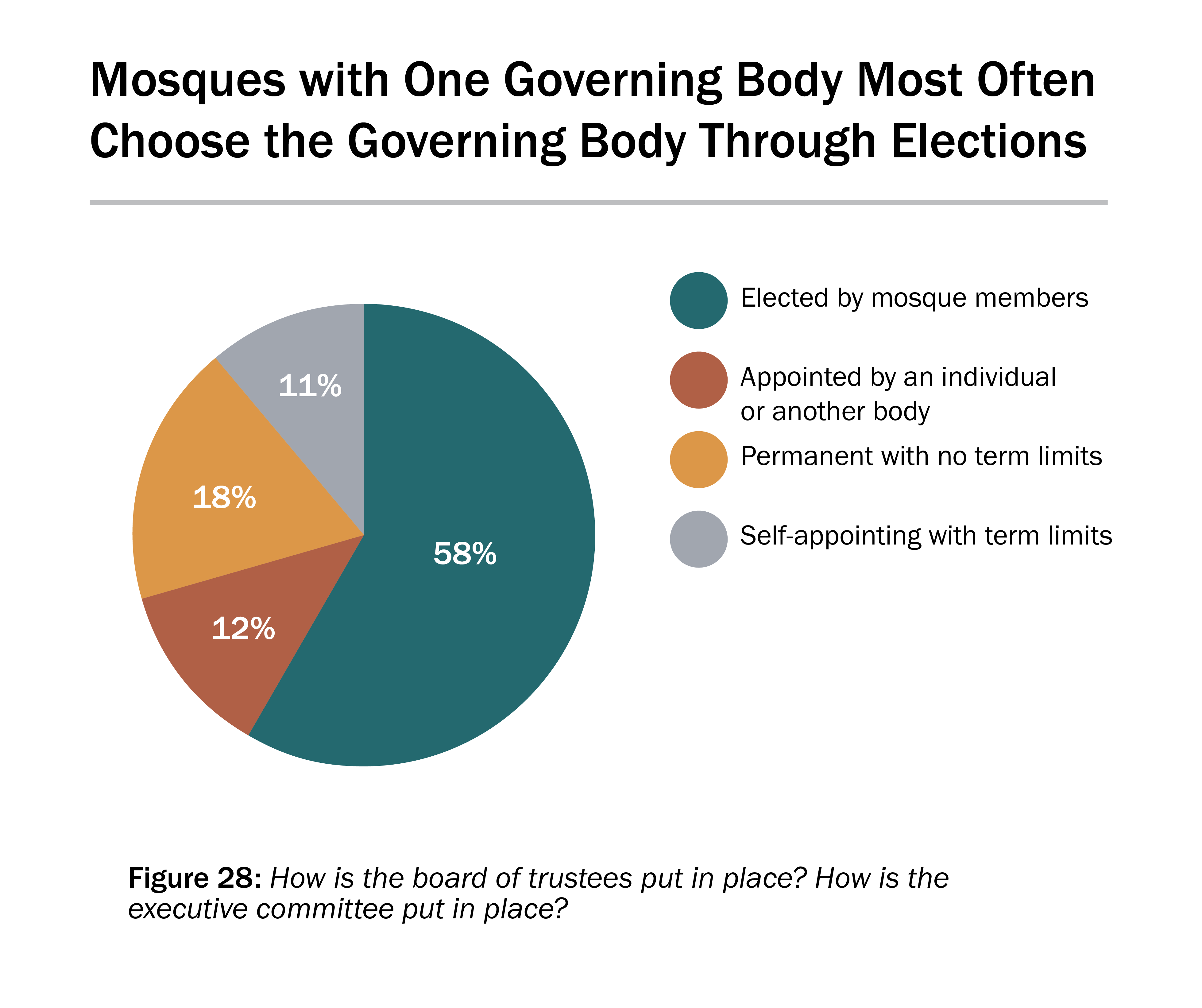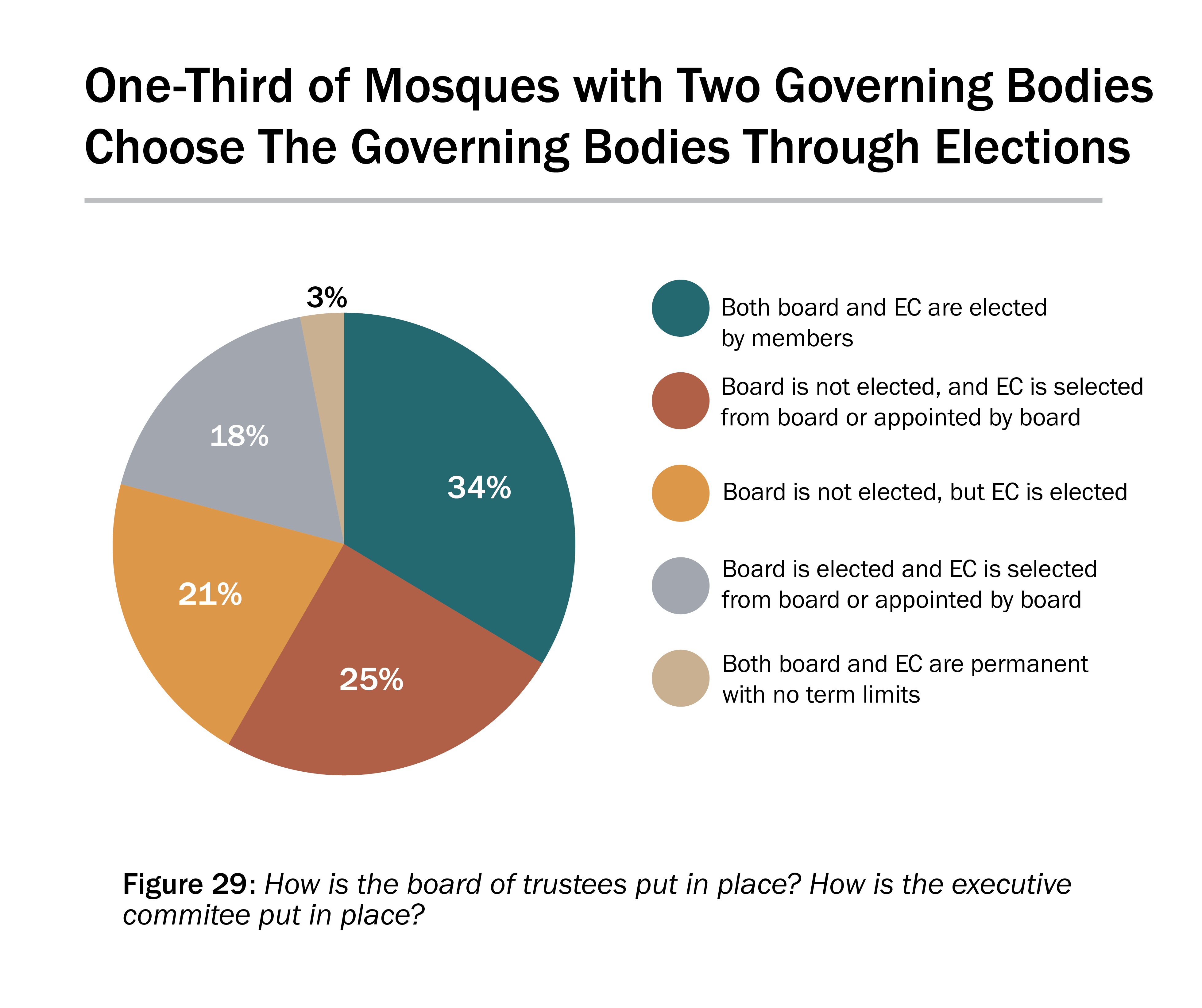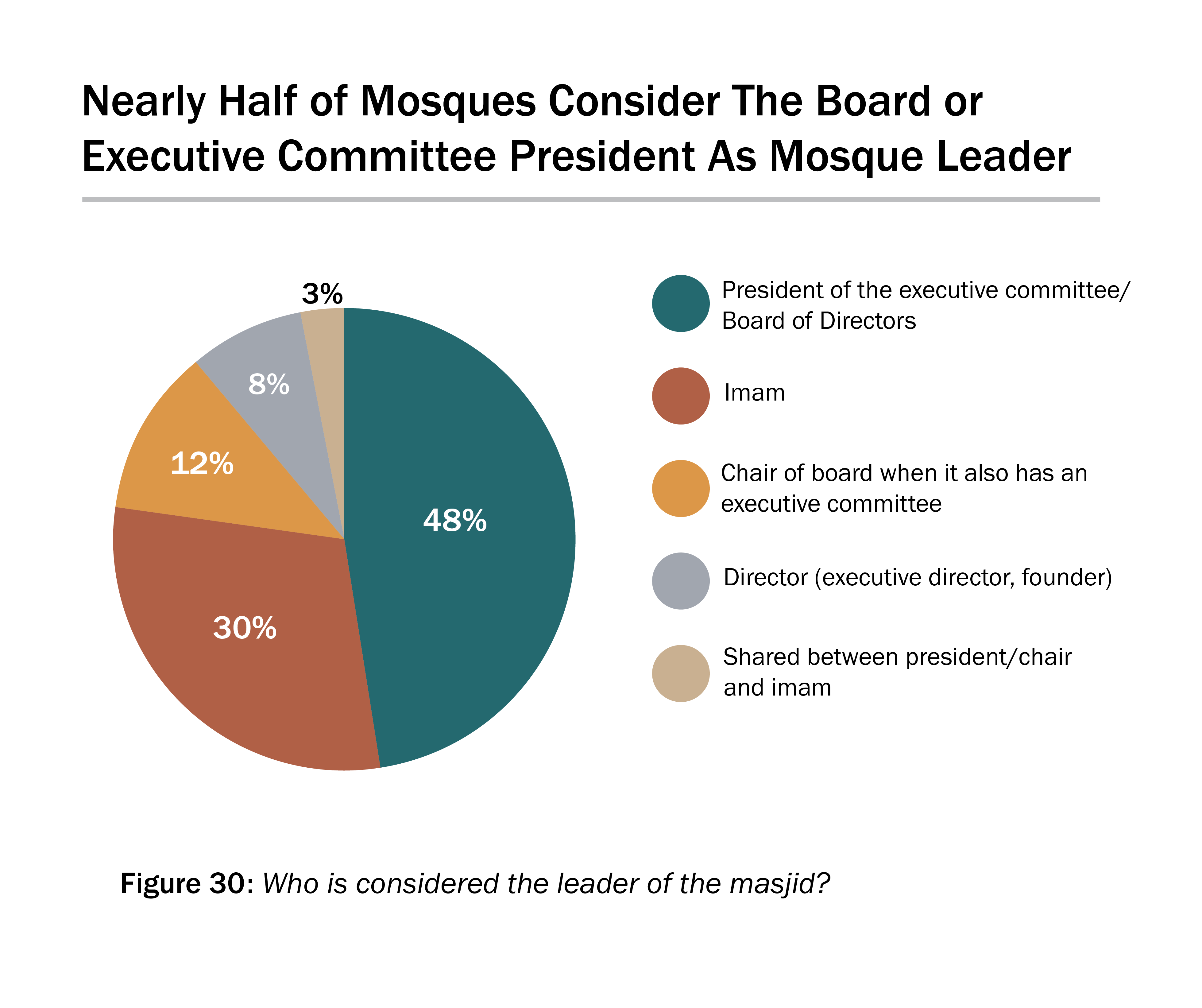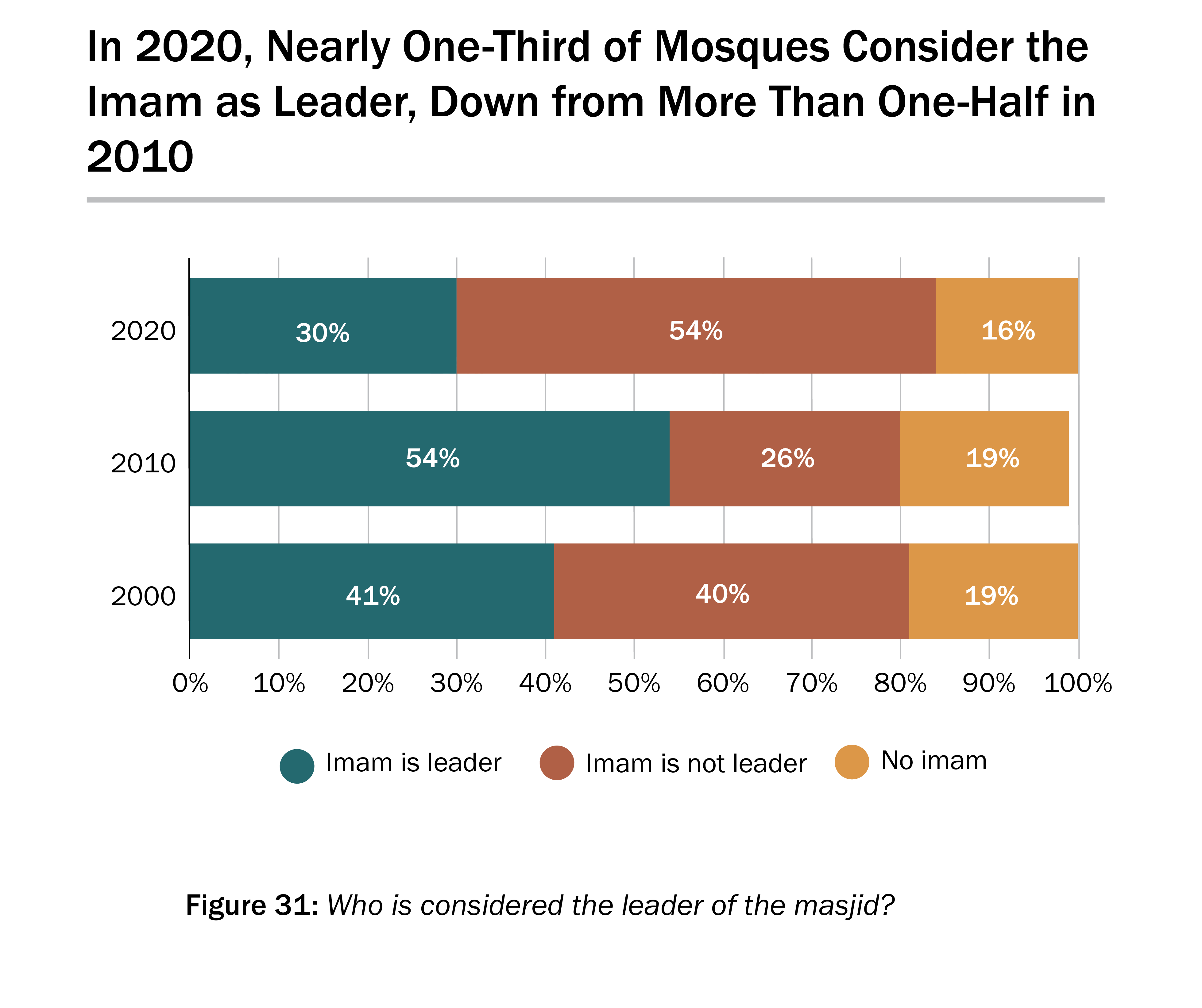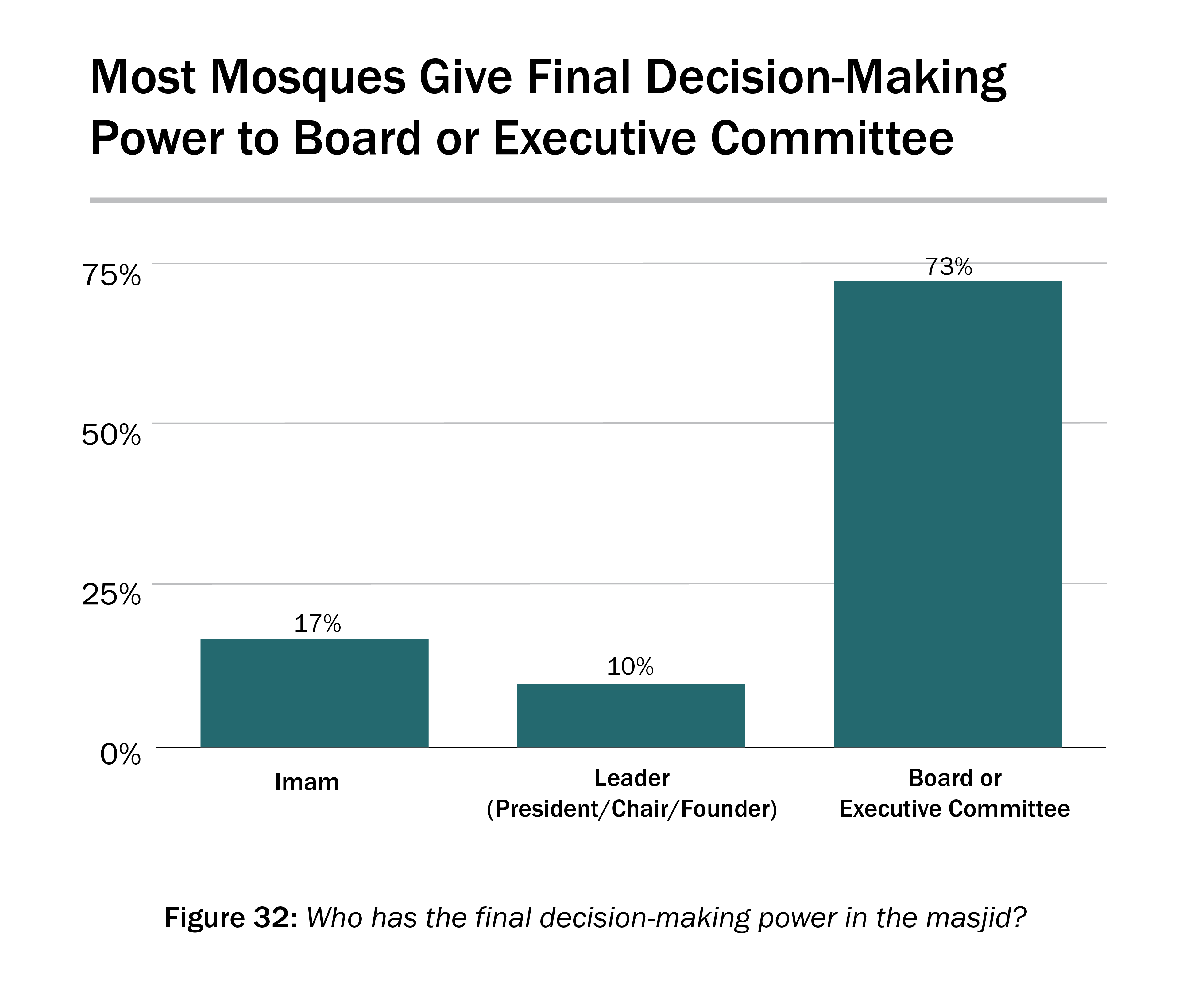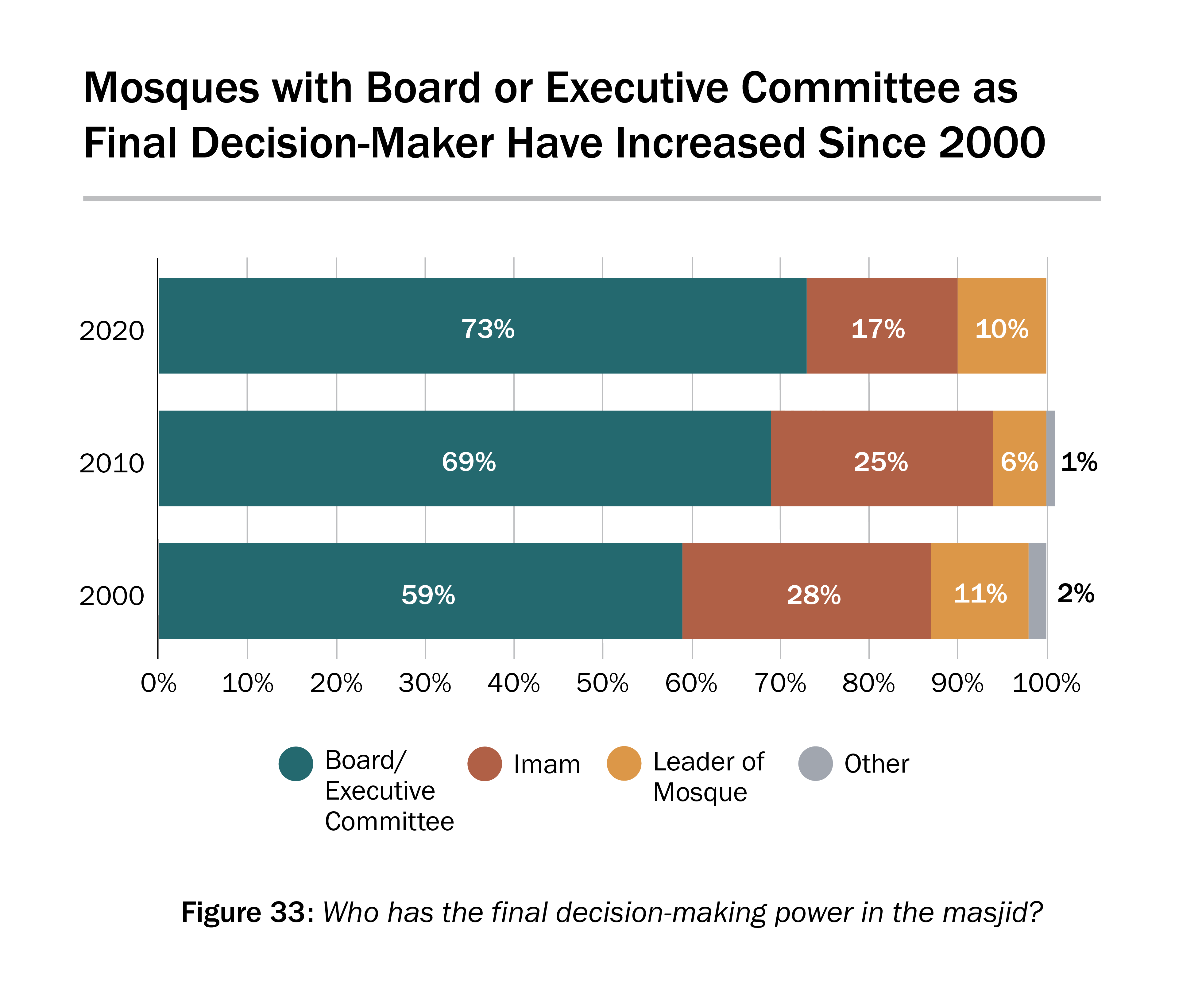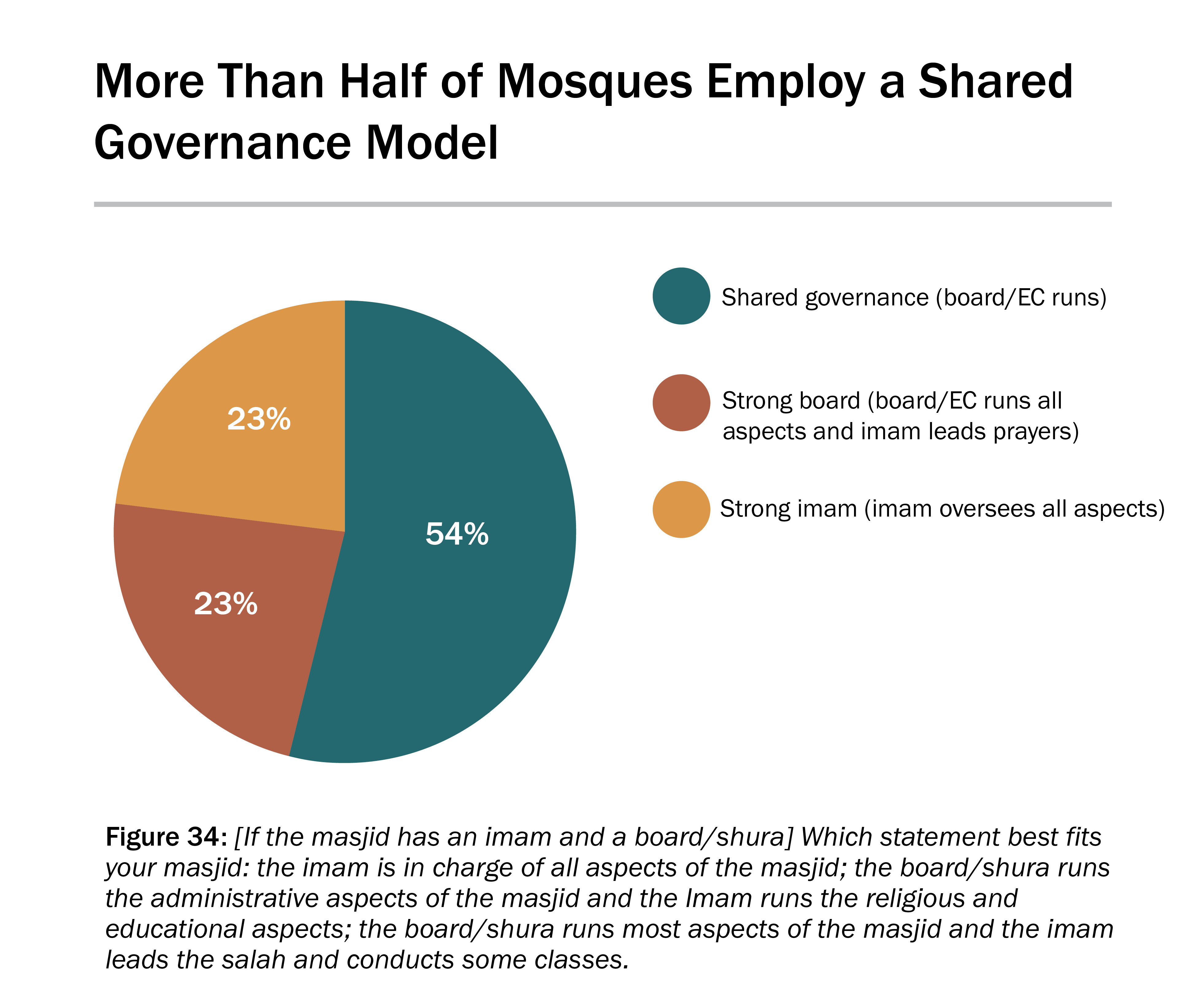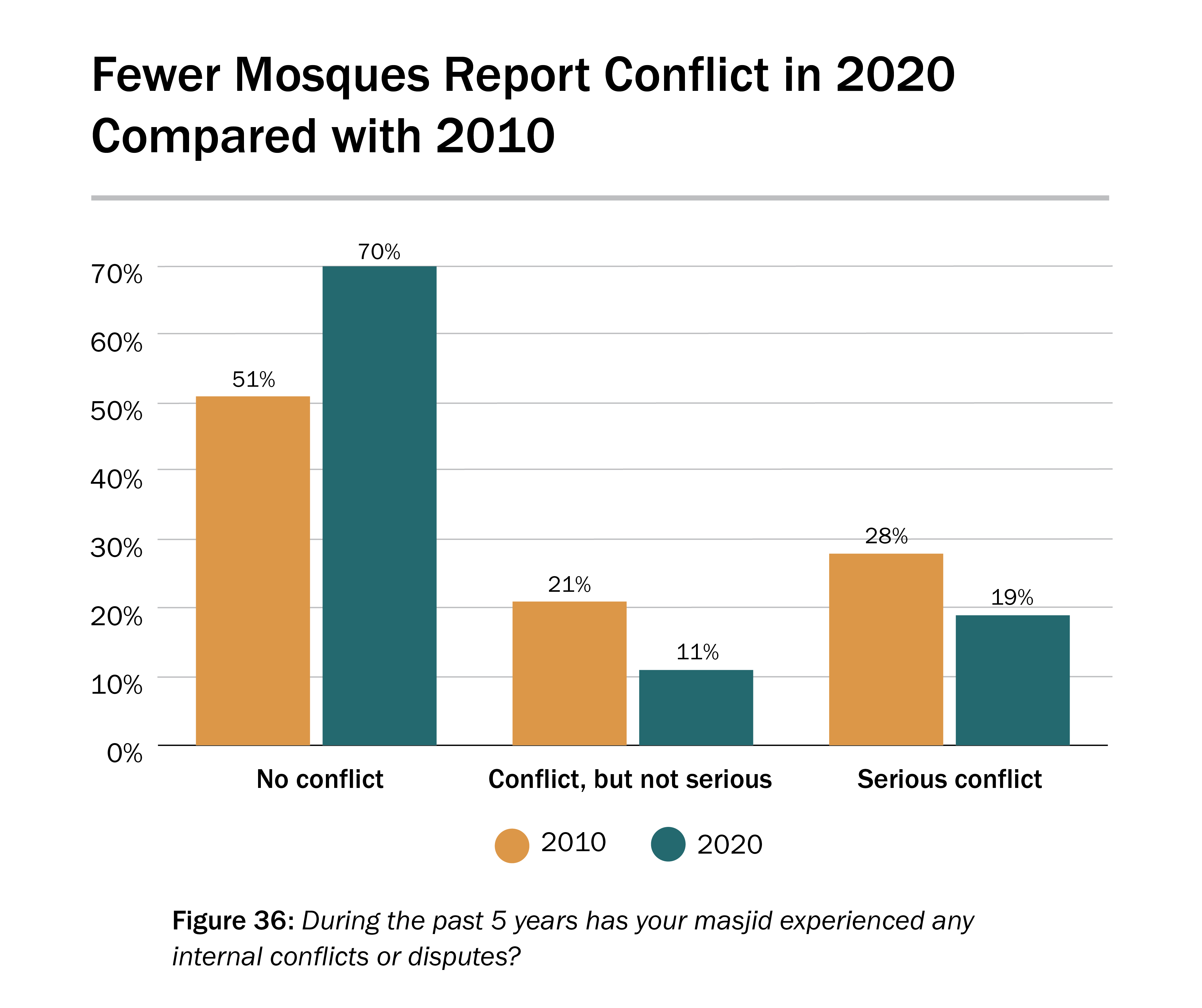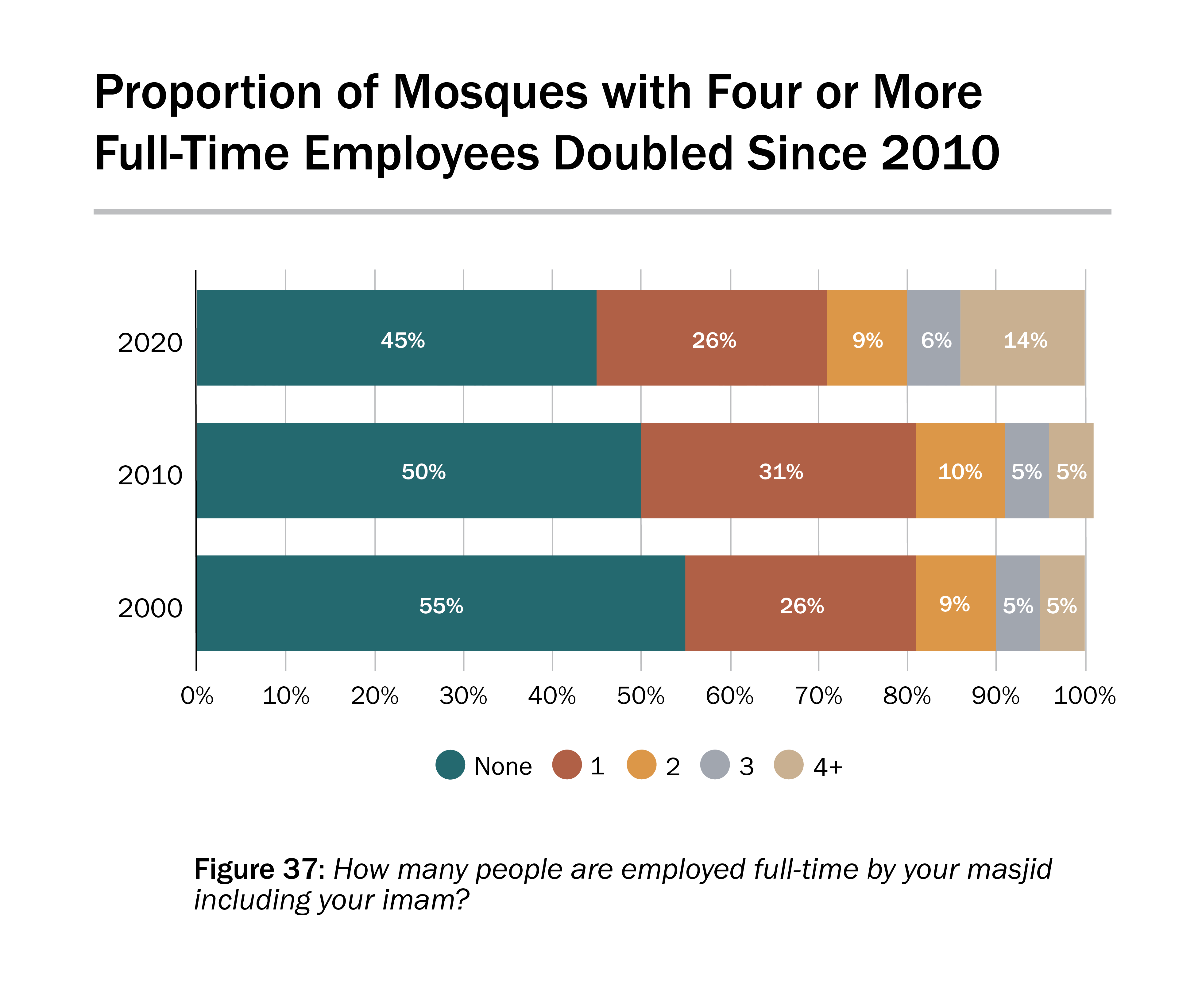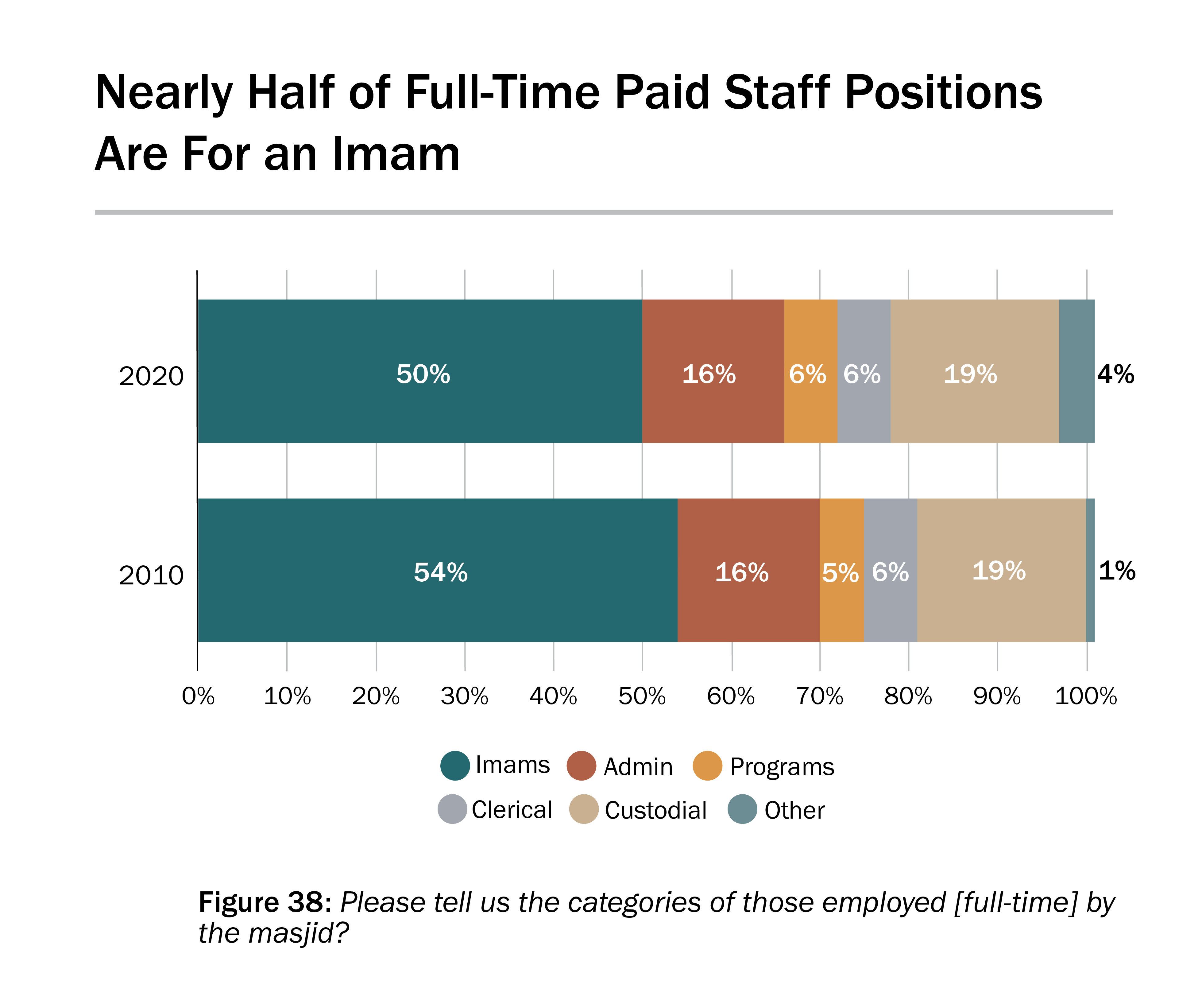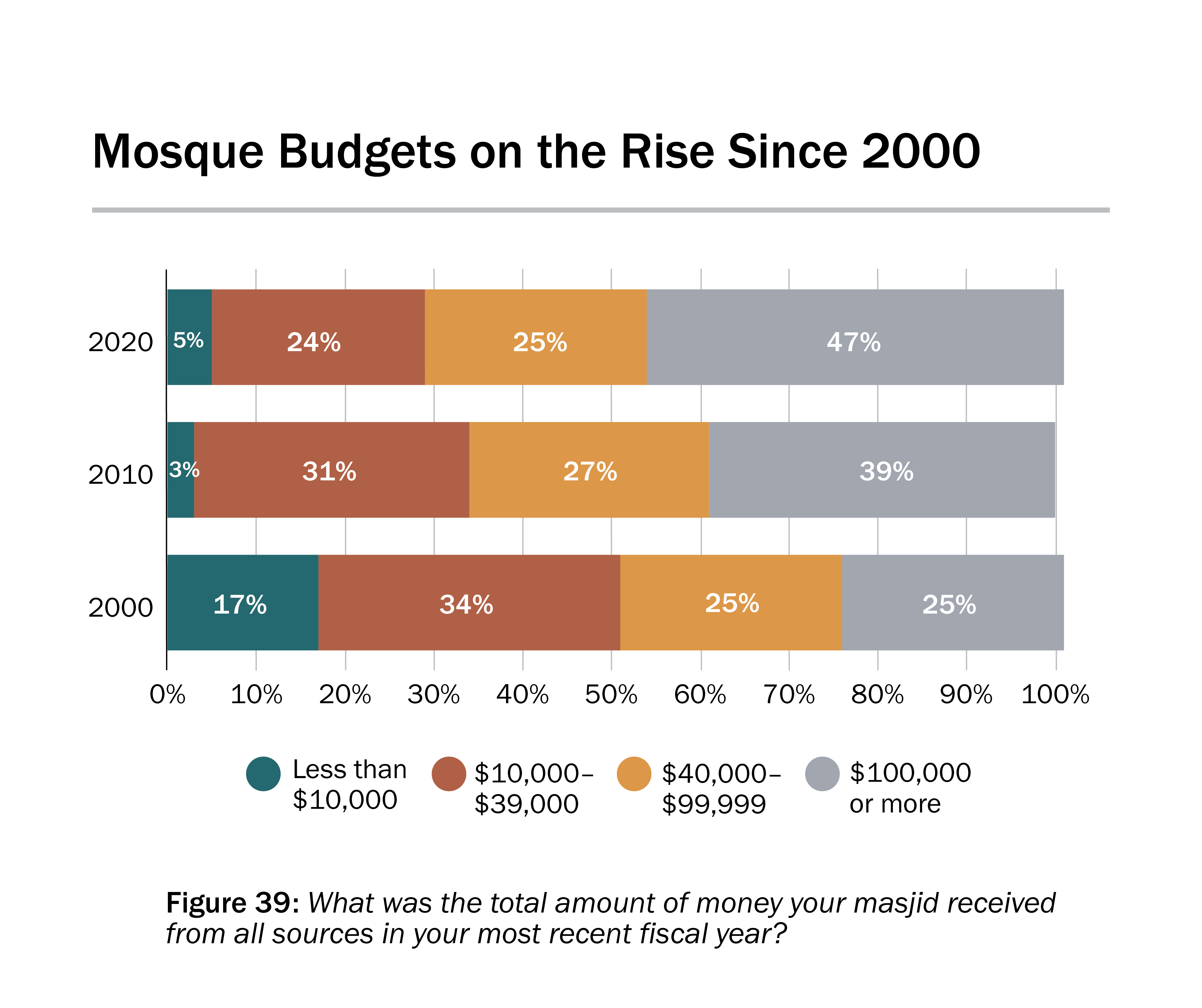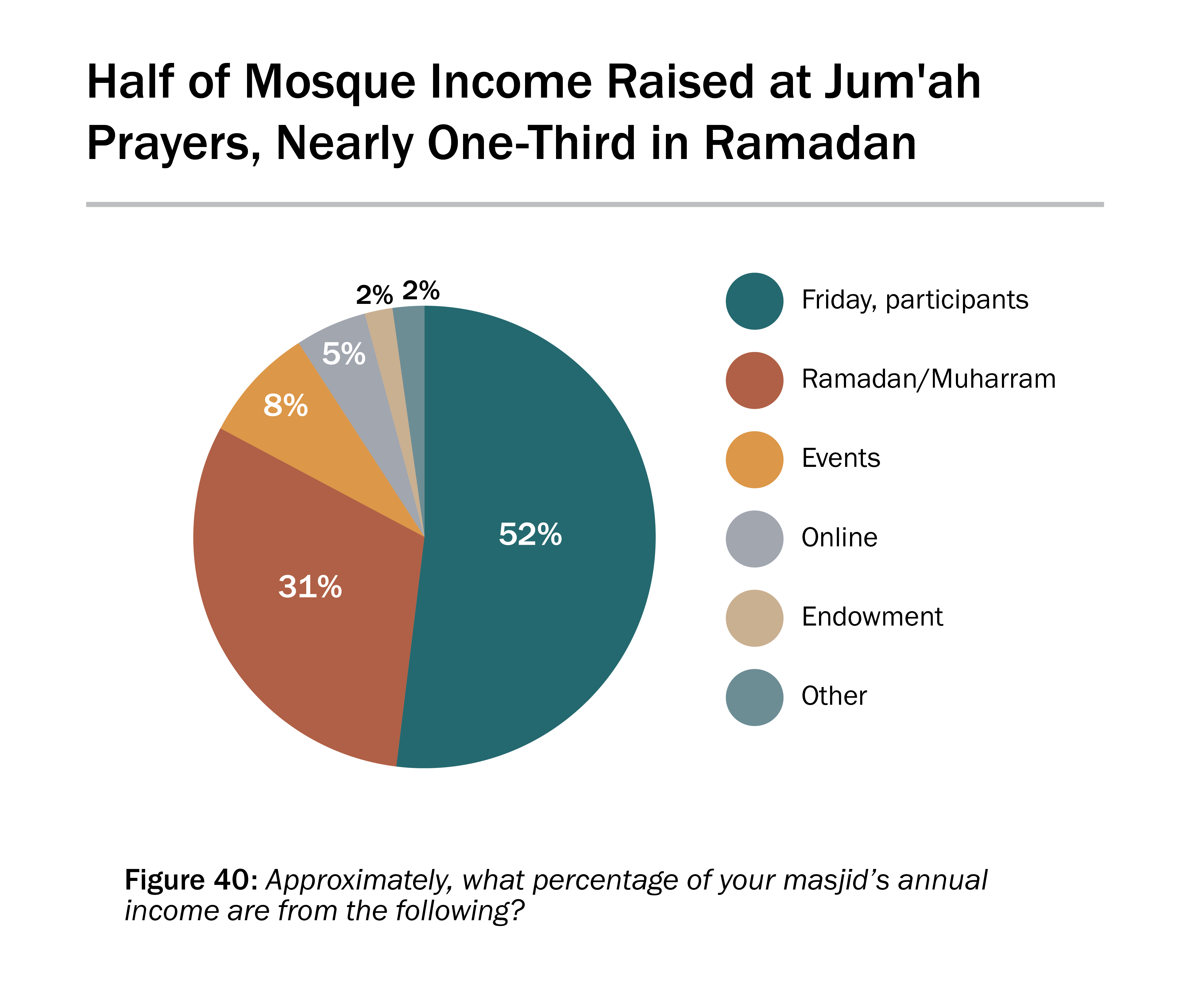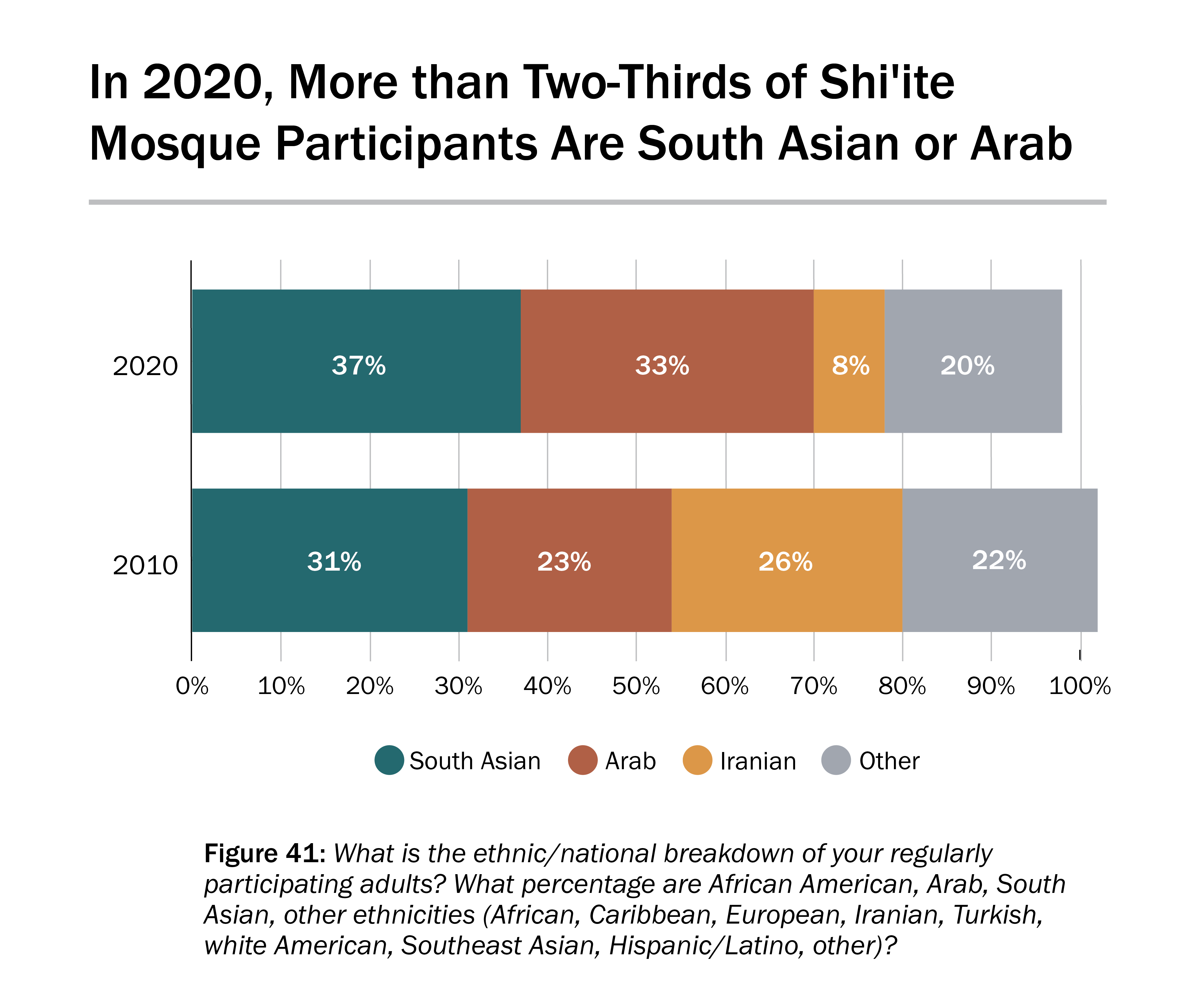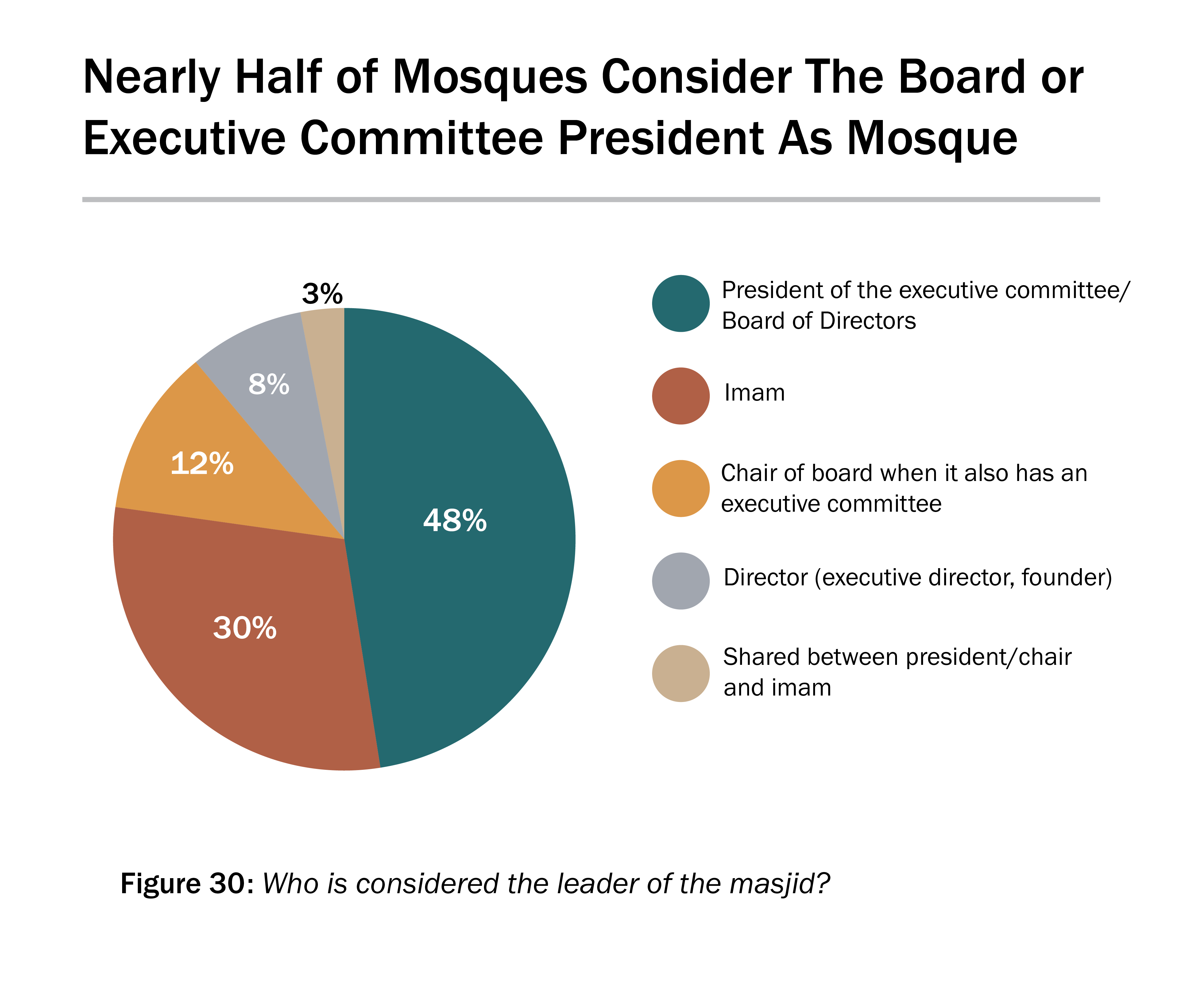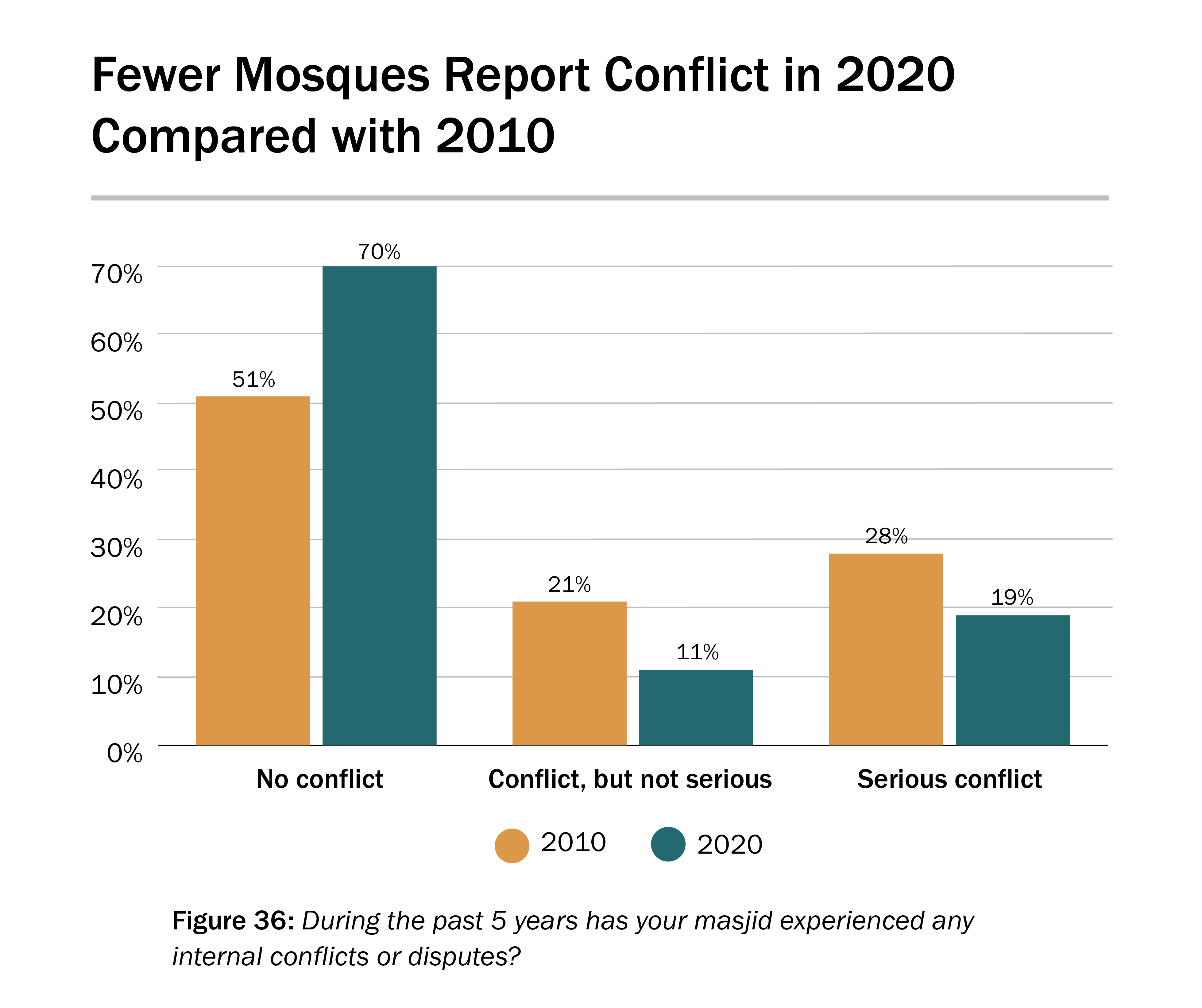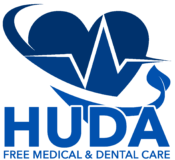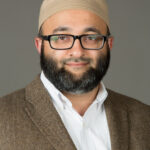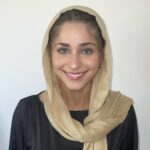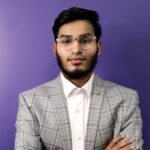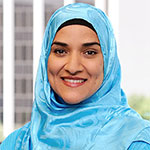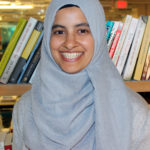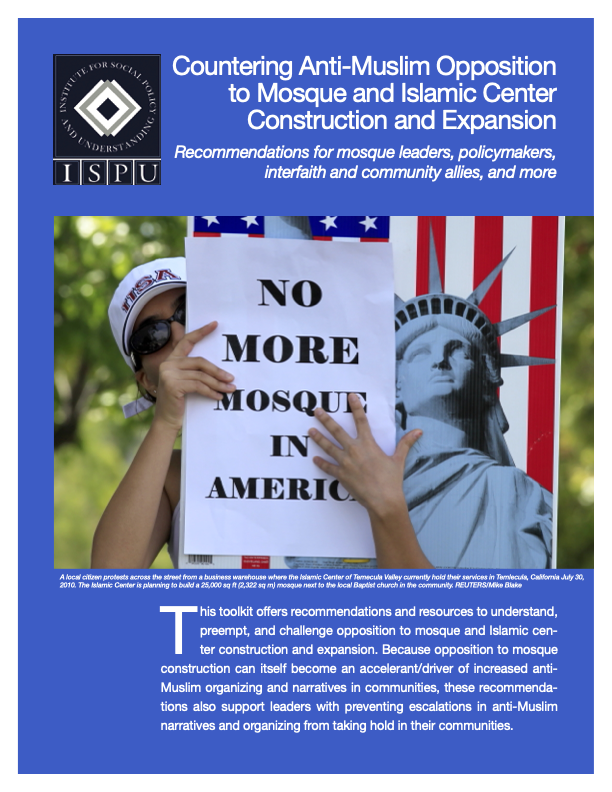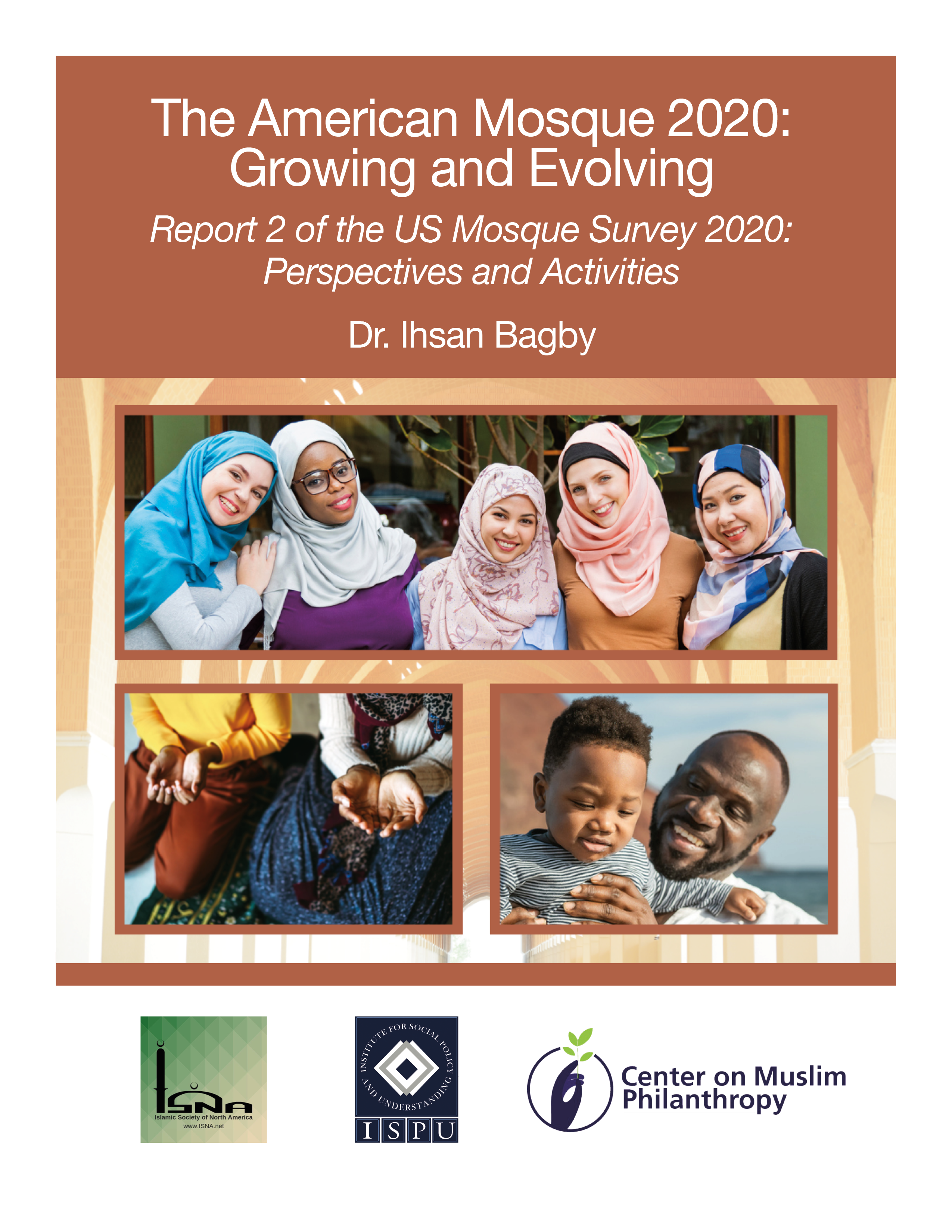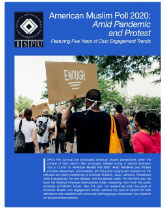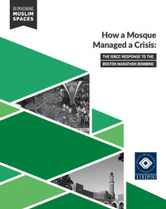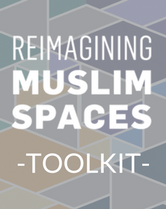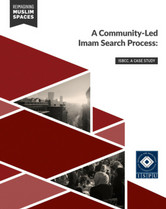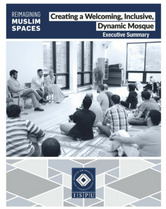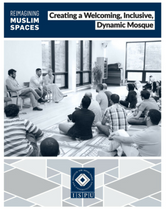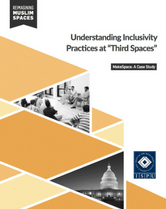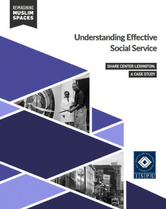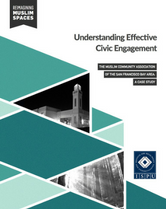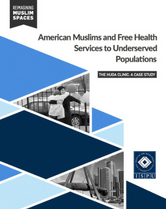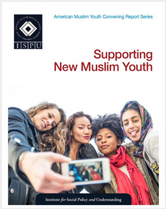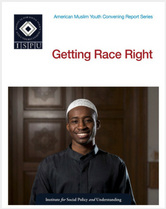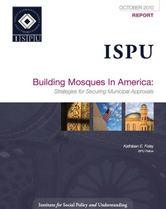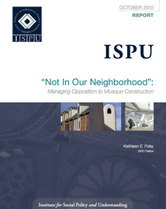A Systems Approach
The purpose of this community-engaged research study is to empower Muslims in Southeast Michigan with the knowledge and tools to advocate for accessible, equitable, unbiased and quality health care in their communities. We will partner with organizations that serve some of the most vulnerable and minoritized Muslim communities living in Southeast Michigan, including but not limited to African American, Latino and Indigenous Native American Muslims as well as refugee and low-income first and second generation Muslim immigrants. We will use the community based system dynamics (CBSD) approach to achieve the following study objectives.
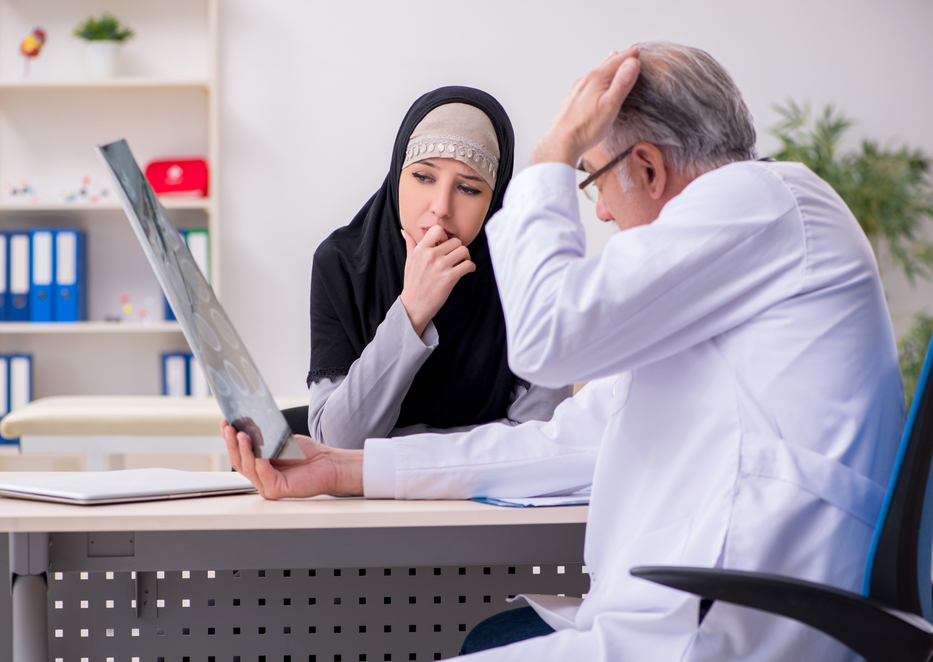
Study Objectives:
- Conduct a group model building workshop with diverse stakeholders including patients (Muslim), clinicians, payors, policy makers, and hospital and health systems.
- Develop accessible communication tools for use by workshop stakeholders to educate and disseminate study findings within their organizations and communities.
- Organize forums to disseminate workshop findings to the broader Southeast Michigan community.
This is an exploratory mixed methods study in which we will use a combination of qualitative and quantitative methods through the lens of community engaged research. Each study objective will use a different research design. For Objectives 1 and 2, we will use the community-based system dynamics (CBSD) approach. CBSD is a set of methods from participatory modeling and involves facilitated group discussions in a workshop format, conducting a qualitative analysis of the diagrams and written content generated from the workshops, and developing a quantitative model of the relationship between factors identified by workshop participants from the community and scientific data and knowledge. For Objective 3, we will use community engagement and dissemination research methods to organize the proposed forums for different stakeholder types.
The diagram below captures the linked nature of activities between each objective:
Report Partner Organizations
The Center on Muslim Philanthropy seeks to strengthen Muslim philanthropy in United States by promoting research, best practices and education. We imagine a social good community of non-profit professionals, social entrepreneurs, and philanthropists fulfilling their mission collaboratively and making the world a better place.
Islamic Society of North America
At ISNA, we believe that Muslim Americans are a positive force in society through their work for spiritual and civic engagement in the US and beyond. Our mission is to foster the development of the Muslim community, interfaith relations, civic engagement, and a better understanding of Islam. We strive to be an exemplary and unifying Islamic organization in North America that contributes to the betterment of the Muslim community and society at large
Institute for Social Policy and Understanding
ISPU provides objective research and education about American Muslims to support well-informed dialogue and decision-making. Our research aims to educate the general public and enable community change agents, the media, and policymakers to make evidence-based decisions.
Project Updates (as of September 2023):
- We recruited and have held our first meeting with local public health and health care leaders. These local leaders have agreed to be part of the core modeling team, which is a type of steering committee for the overall project.
- We are finalizing logistics for the first group model building workshop, which is planned for end of 2023.
- We plan to send out invitations to potential workshop participants very soon.
- Our team was invited to submit a session proposal titled “Co-Creating a Shared Vision for Healthier and Equitable Communities Through Community-Led Research” for the upcoming Accelerating Health Equity Conference.
Project Updates (as of May 2023):
-
This study has received IRB approval.
-
We are currently recruiting study participants and engaging with a wide range of community partners in the Southeast Michigan area.
Check back often for additional updates!
Project Funder:
Support for this research (grant #79552) was provided by the Robert Wood Johnson Foundation’s Community Research for Health Equity program, managed by AcademyHealth. The views expressed here do not necessarily reflect the views of the Foundation or AcademyHealth.
Community Research for Health Equity Grantees’ Reflections
In this video, ISPU and other RWJF grantees from the Community Research for Health Equity program, managed by Academy Health, reflect on the value of community-led research and how it will inform changes in the health care system.
Infographics
.
Graphs for Report 1 of the US Mosque Survey 2020
Click here to download all 41 graphs from Report 1.
MOSQUE NUMBERS AND LOCATIONS
MOSQUE OPPOSITION AND SAFETY
CONVERSIONS AND MOSQUE ATTENDANCE
AFRICAN AMERICAN MOSQUES AND ATTENDEES
YOUNG ADULT MUSLIMS
IMAM AGE, EMPLOYMENT, AND EDUCATION
IMAM NATIONALITY AND SALARY
MOSQUE GOVERNING BODIES
MOSQUE BOARDS, COMMITTEES, AND DECISION MAKERS
MOSQUE CONFLICT AND EMPLOYMENT
MOSQUE BUDGETS AND FUNDRAISING
SHI’ITE MOSQUES
Videos
This webinar, published on July 6, 2021, is the first of two sessions covering the findings of the US Mosque Survey 2020, with a focus on Report 1: Basic Characteristics of the American Mosque. ISPU’s Dalia Mogahed moderates a panel with report author and primary investigator Dr. Ihsan Bagby, Azhar Azeez (ISNA), Tayyab Yunus (CMP), and Dr. Scott Thumma (Hartford Seminary).
This webinar, published on August 23, 2021, is the second of two sessions covering the findings of the US Mosque Survey 2020, with a focus on Report 2: Perspectives and Activities. ISPU’s Dalia Mogahed moderates a panel with report author and primary investigator Dr. Ihsan Bagby, Dr. Ingrid Mattson (Hurma Project, ISNA), and Dr. Besheer Mohamed (Pew Research Center).
Community Partner
Huda Clinic
HUDA Clinic is a health facility that offers free healthcare services to the public. They provide preventative screenings, health assessments, management for chronic care illnesses, and referrals to specialists as needed. They have expanded from their beginnings in the Muslim Community Center in 2004 through the help of volunteers, partnerships with local organizations and hospitals, and generous donations.
Community Partner
Huda Clinic
HUDA Clinic is a health facility that offers free healthcare services to the public. They provide preventative screenings, health assessments, management for chronic care illnesses, and referrals to specialists as needed. They have expanded from their beginnings in the Muslim Community Center in 2004 through the help of volunteers, partnerships with local organizations and hospitals, and generous donations.
Meet the Team
Meet the Team
If you have any questions about this research study, then please contact the project Primary Investigator, Dr. Ayaz Hyder, at ahyder@ispu.org.
Related Reports
Countering Anti-Muslim Opposition to Mosque and Islamic Center Construction and Expansion: Full Toolkit
This document contains the full toolkit PDF of Cou
23 May, 2022Countering Anti-Muslim Opposition to Mosque and Islamic Center Construction and Expansion: Key Findings
This document contains key findings from the toolk
23 May, 2022US Mosque Study 2020: Report 2 Key Findings
This document contains a selection of key findings
22 July, 2021American Muslim Poll 2020: Full Report
This year’s American Muslim Poll, the fifth annual
01 October, 2020American Muslim Poll 2020: Key Findings
This is a summary of the major findings of ISPU’s
01 October, 2020How a Mosque Managed a Crisis: The ISBCC Response to the Boston Marathon Bombing
This sixth report in ISPU’s “Reimagining Muslim Sp
19 July, 2017RMS Inclusivity Workshop Toolkit
After conducting extensive research, analyzing the
22 June, 2017A Community-Led Imam Search Process | ISBCC: A Case Study
This fifth report in ISPU’s “Reimagining Muslim Sp
14 June, 2017Creating a Welcoming, Inclusive, Dynamic Mosque | Reimagining Muslim Spaces Community Brief [Executive Summary]
This is the Executive Summary for ISPU’s Rei
22 October, 2016Creating a Welcoming, Inclusive, Dynamic Mosque | Reimagining Muslim Spaces Community Brief
In an effort to enable Muslim communities across t
21 October, 2016Understanding Inclusivity Practices at “Third Spaces” | MakeSpace: A Case Study
This fourth report in ISPU’s “Reimagin
17 September, 2016Understanding Effective Social Service | SHARE Center Lexington: A Case Study
This third report in ISPU’s “Reimagini
15 September, 2016Understanding Effective Civic Engagement | The Muslim Community Association of the San Francisco Bay Area: A Case Study
This second report in ISPU’s “Reimagin
19 August, 2016American Muslims and Free Health Services to Underserved Populations | HUDA Clinic: A Case Study
This first report in ISPU’s “Reimagini
18 August, 2016Meeting the Needs of Muslim Youth: Supporting New Muslim Youth
How can we provide better support to convert youth
13 January, 2016Meeting the Needs of Muslim Youth: Getting Race Right
How can predominately South Asian and Arab America
13 January, 2016Building Mosques in America: Strategies for Securing Municipal Approvals
This report is intended as a best practices guide
01 October, 2010Not In Our Neighborhood: Managing Opposition to Mosque Construction
This report is intended as a best practices guide
01 October, 2010Full Report | A Portrait of Detroit Mosques: Muslim Views on Policy and Religion
Mosques are the cornerstone of the Islamic experie
31 August, 2004


